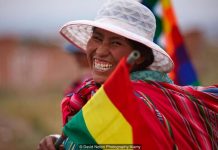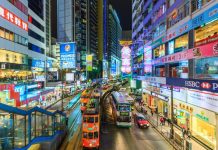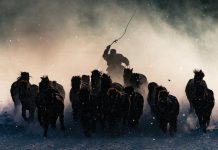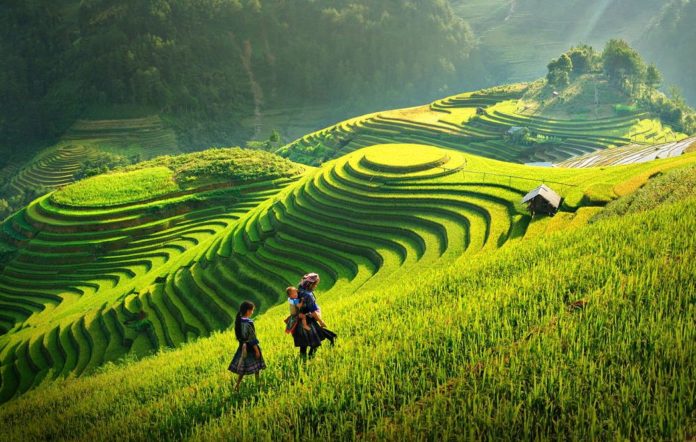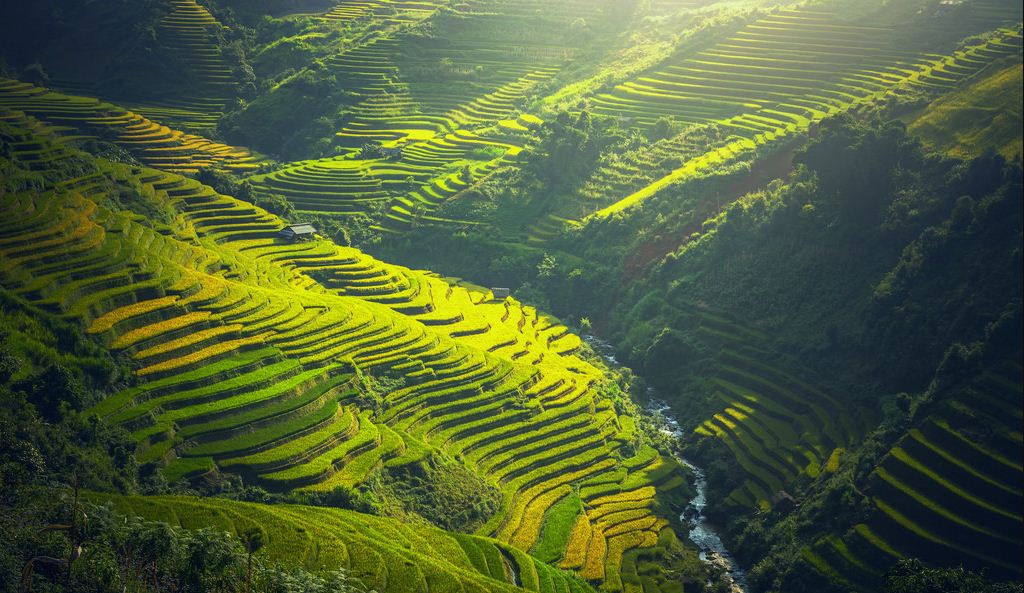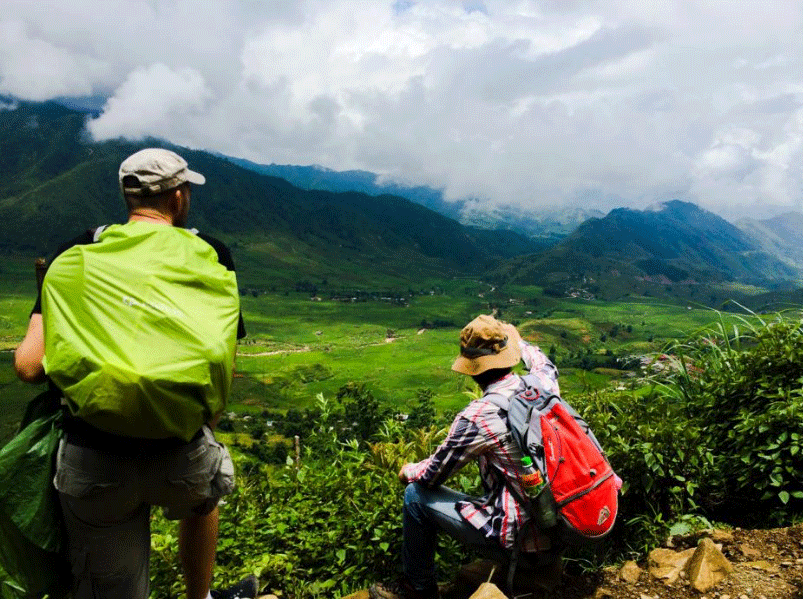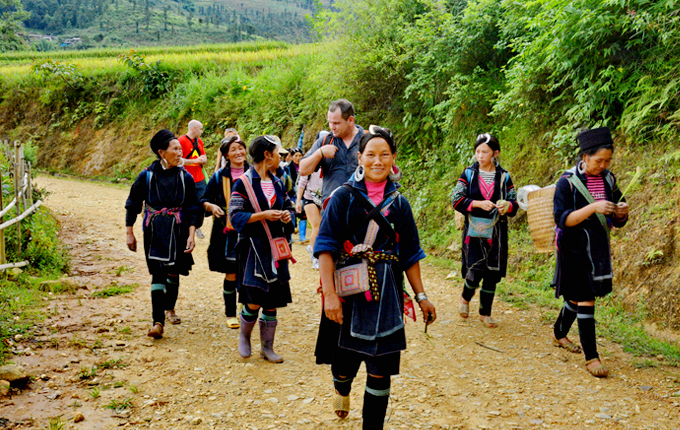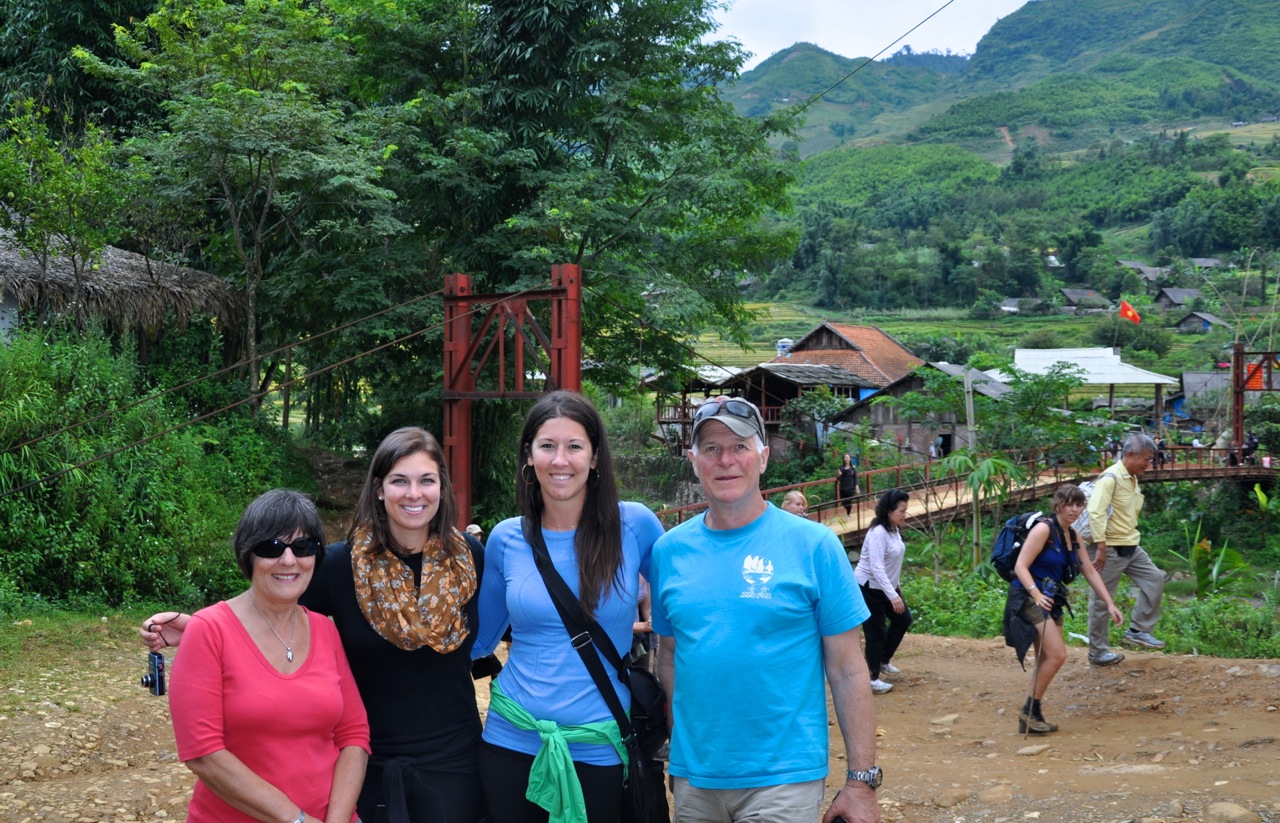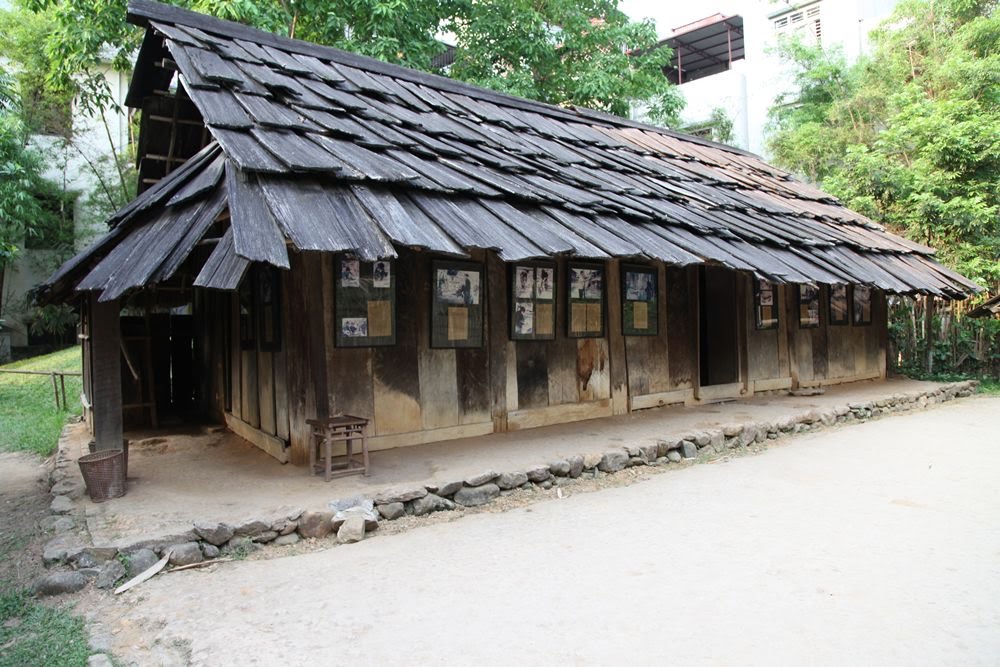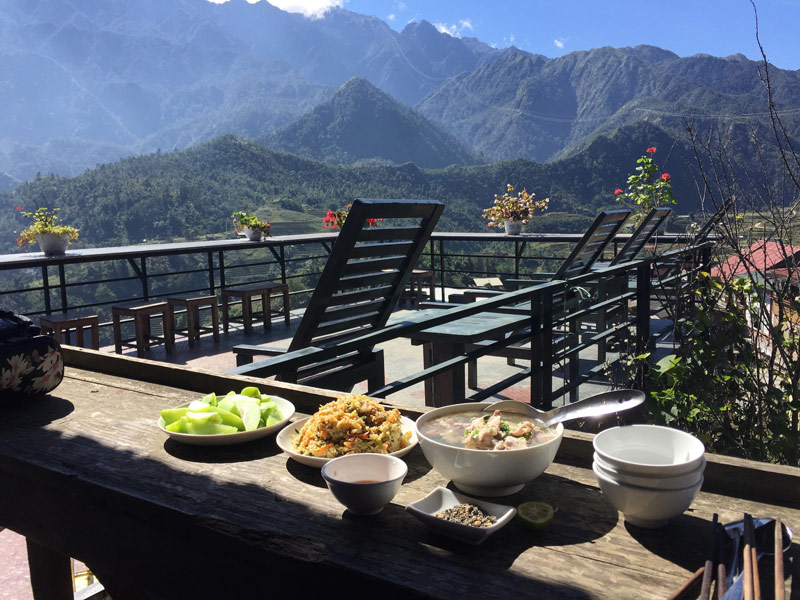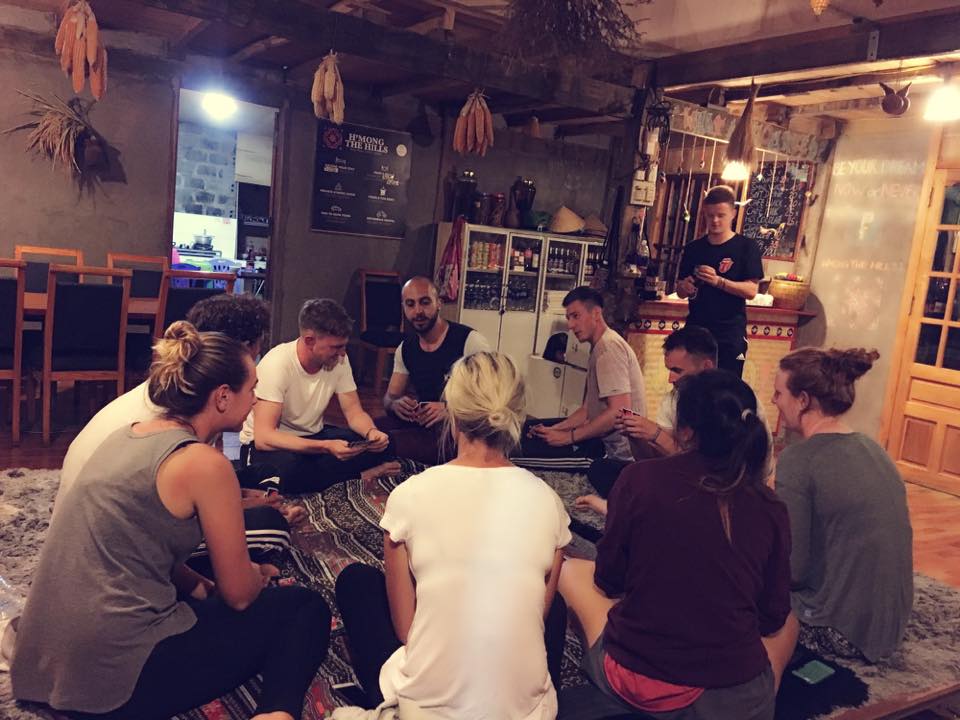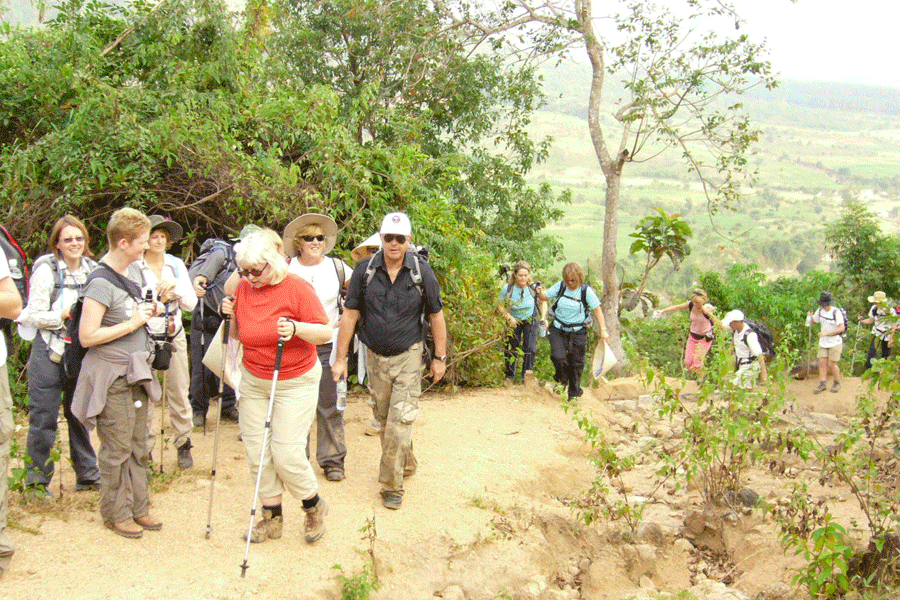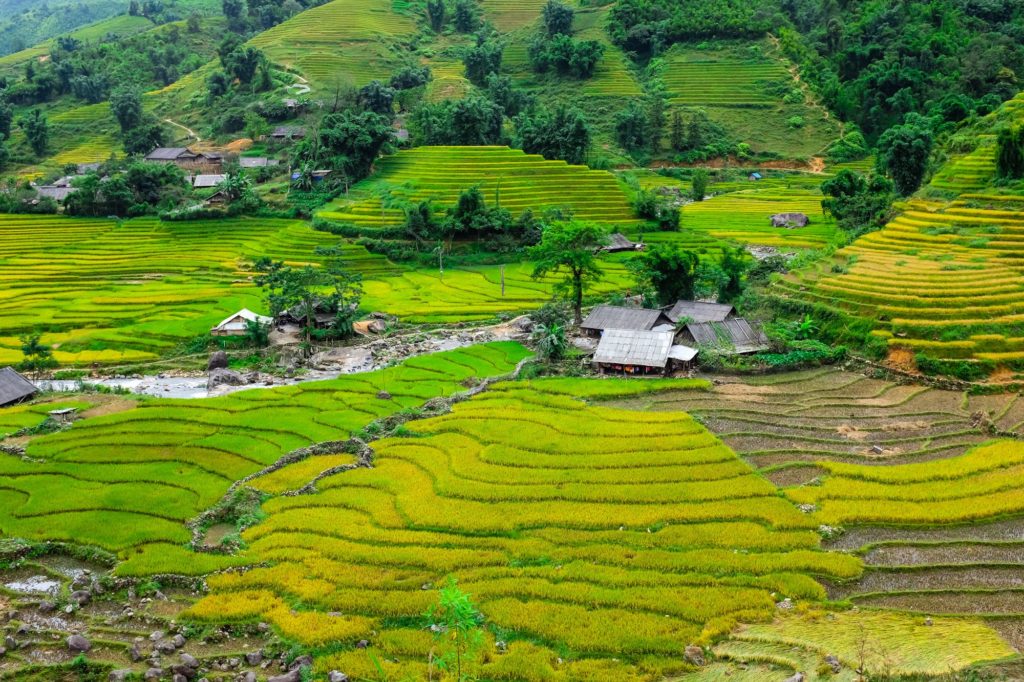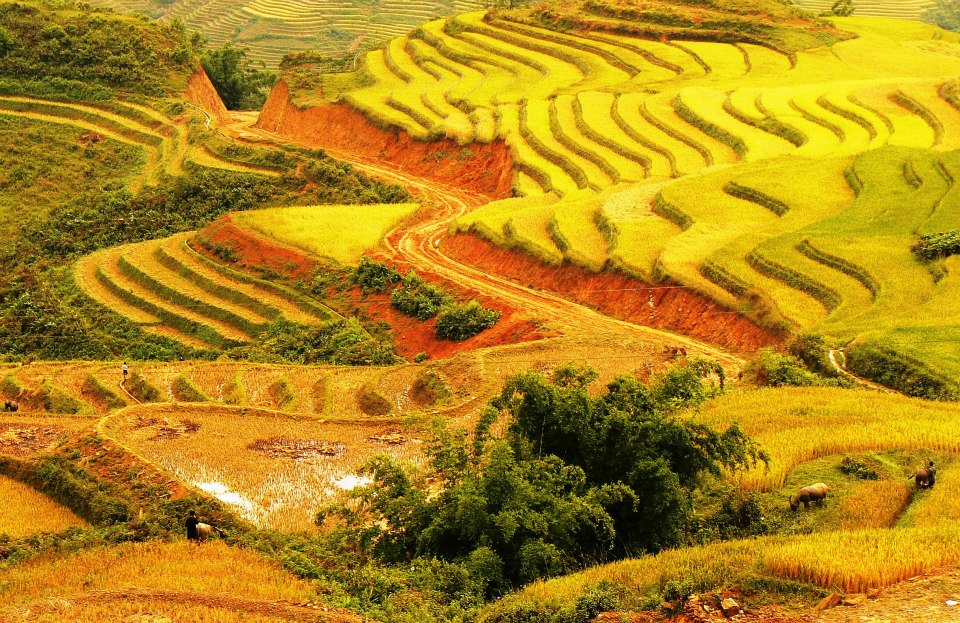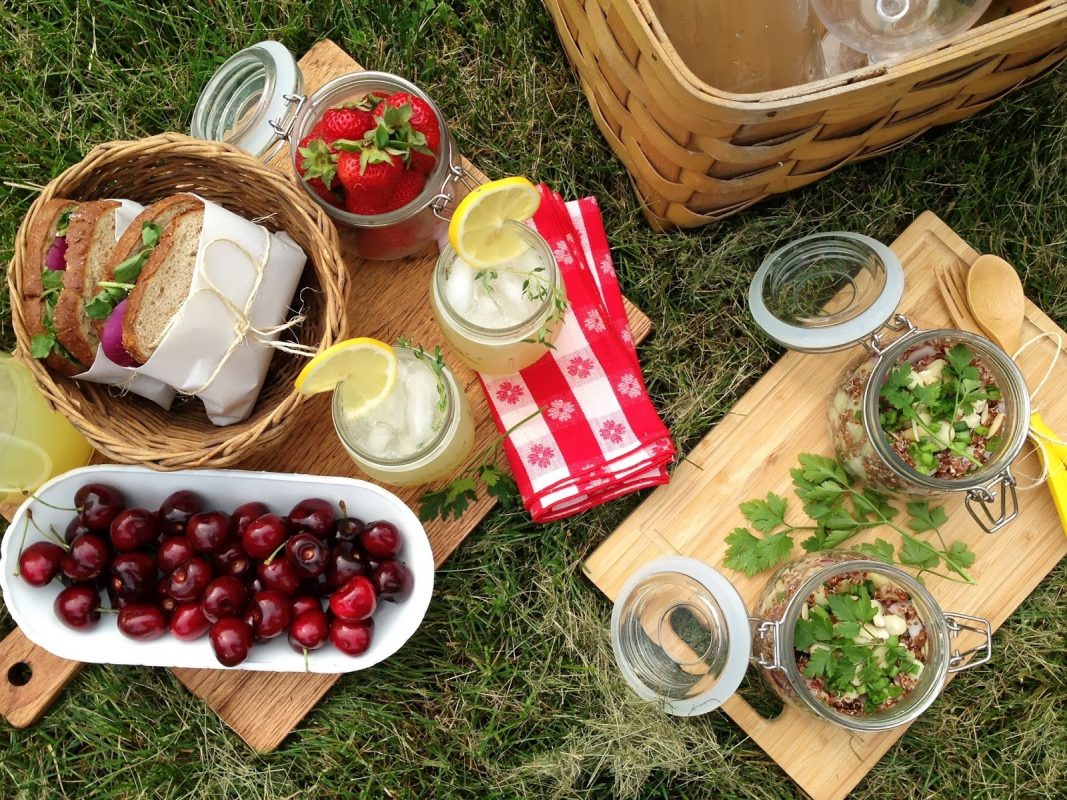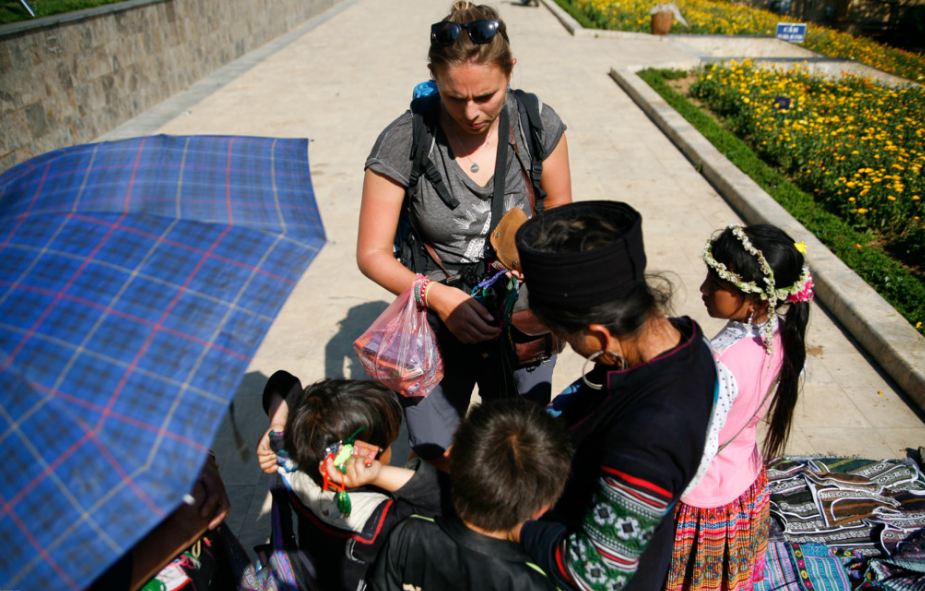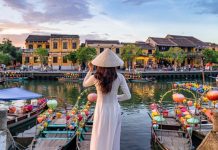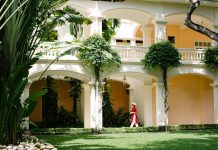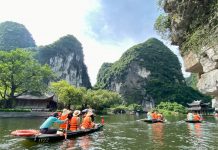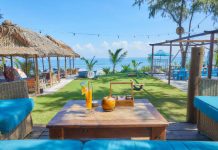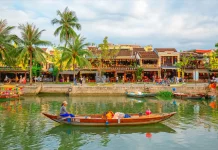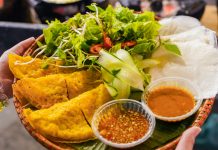A trekking which crosses the fields and mountains of Sapa is one of the highlights of a trip to Vietnam. Visiting the local villages and enjoying the beautiful scenery here is an experience you will never forget. Let’s read this guide to help you choose a meaningful trip which suits your needs and also to prepare everything for your Sapa trekking trip.
- Zipline Vietnam — Top 6 best destinations for zipline in Vietnam
- Vietnam hiking trails — Top 5 beautiful trails for hiking and trekking in Vietnam
- Sapa cafe — Top 5 best cafes in Sapa you must visit
- Glamping in Vietnam — 3 best places for glamping in Vietnam
- Exploring Hang En Waterfall — A silver strip of silk amid the jungle of Kon Chu Rang
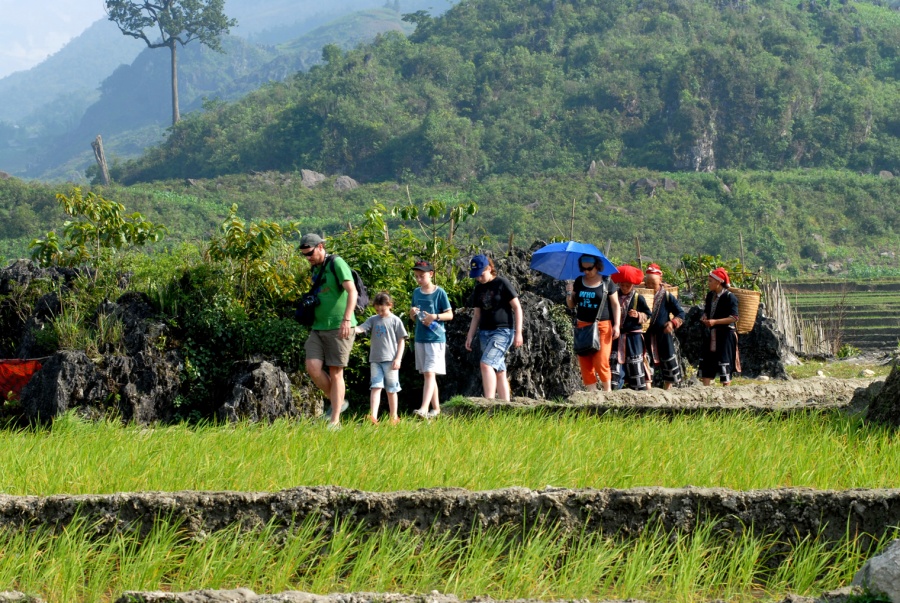
As mentioned above, Sapa is one of the highlighted destinations for tourists in Vietnam. The best way to explore the area around this city is by walking. Firstly, it will explain to you some of the basics of trekking through this area. You can see what and how difficult it is and whether you need a guide or not.
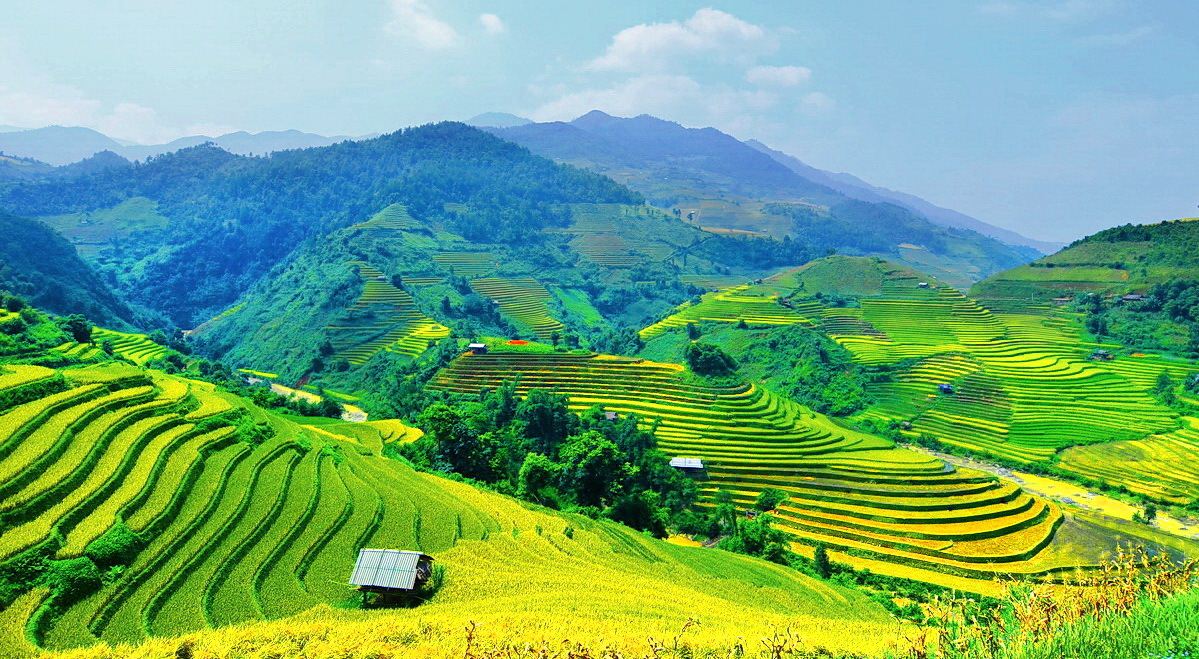
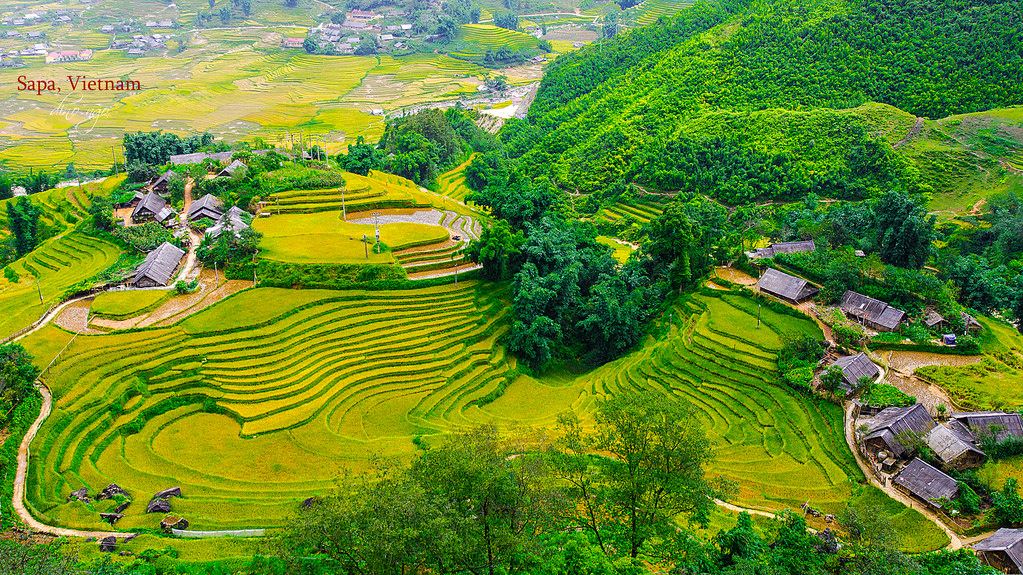
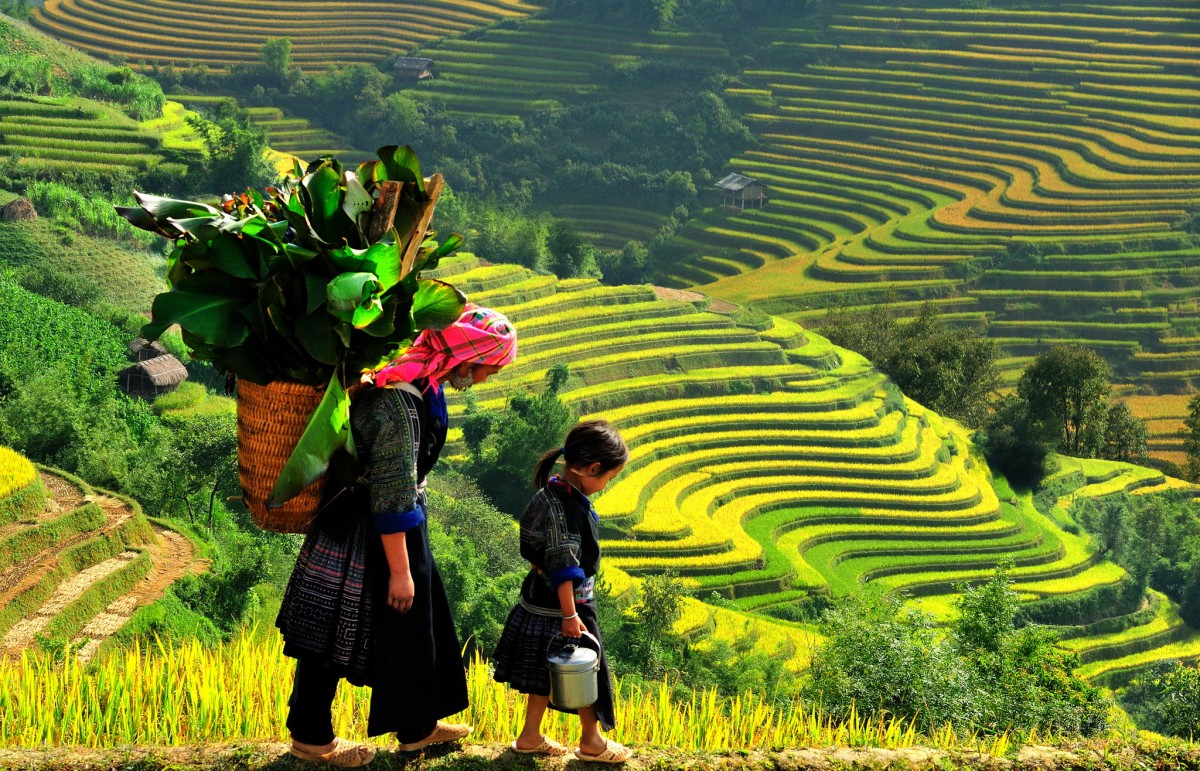
What can you see?
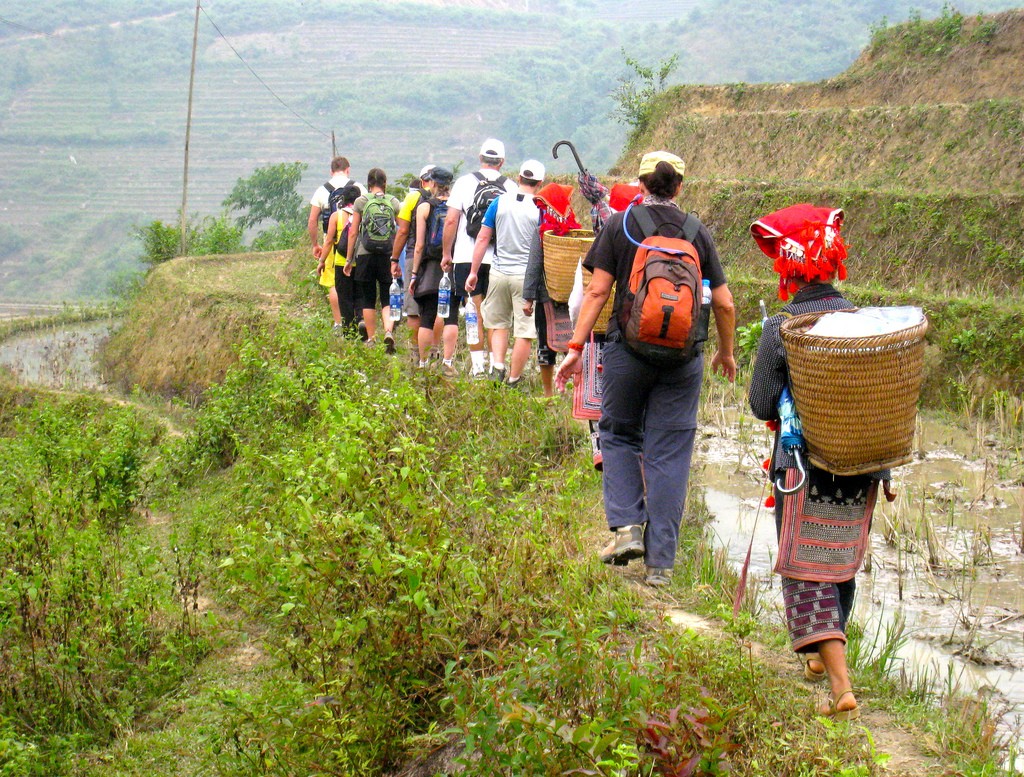
Sapa is famous for its rice fields, perhaps it is one of the most beautiful in our country and even in Asia. With Sapa trekking, you will walk on the roads between the rice paddies and the fabulous places in the valley. On this journey, you will cross many different ethnic minority villages, where you have the feeling that you are going back in time. You may encounter some water buffaloes working in the fields. And this is definitely a great place for you to take a picture
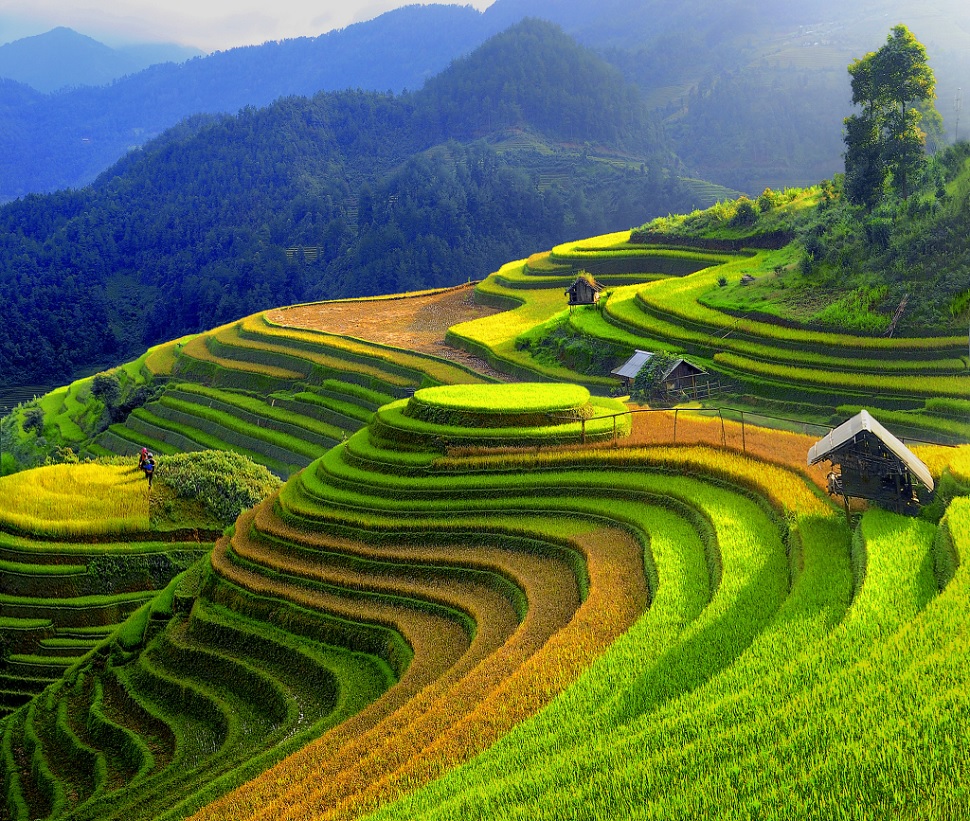
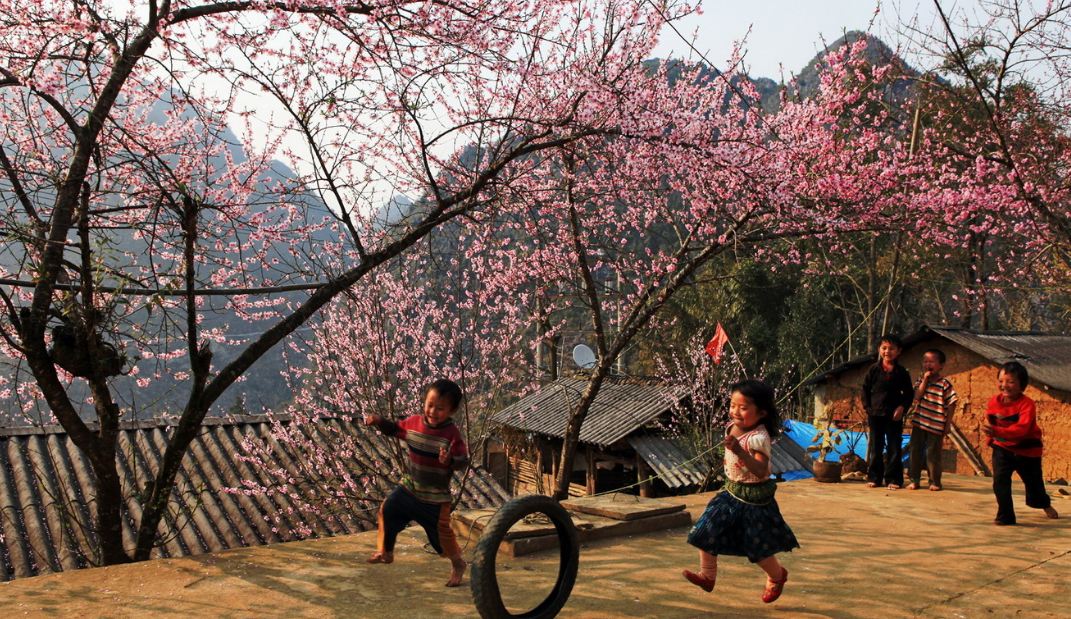
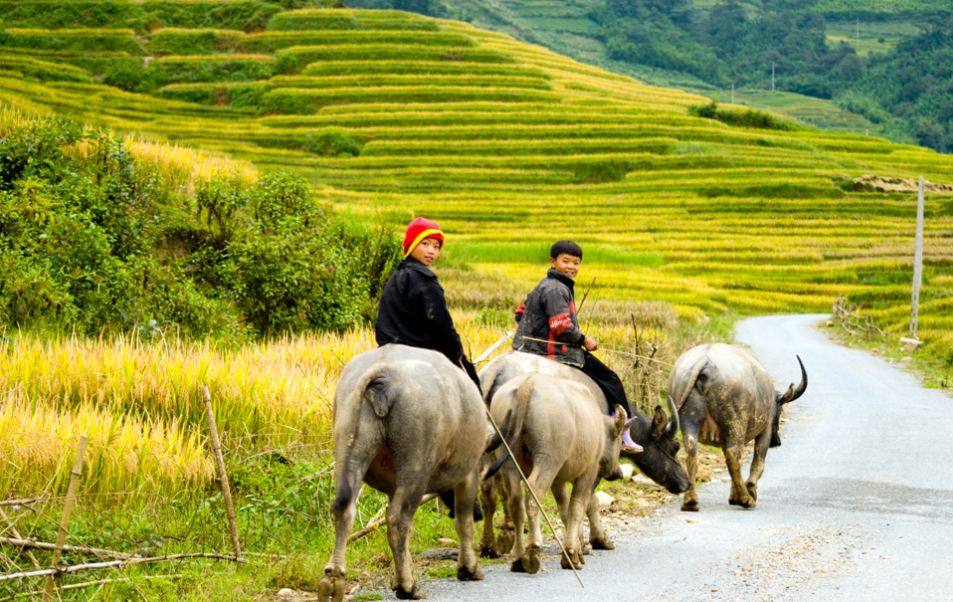
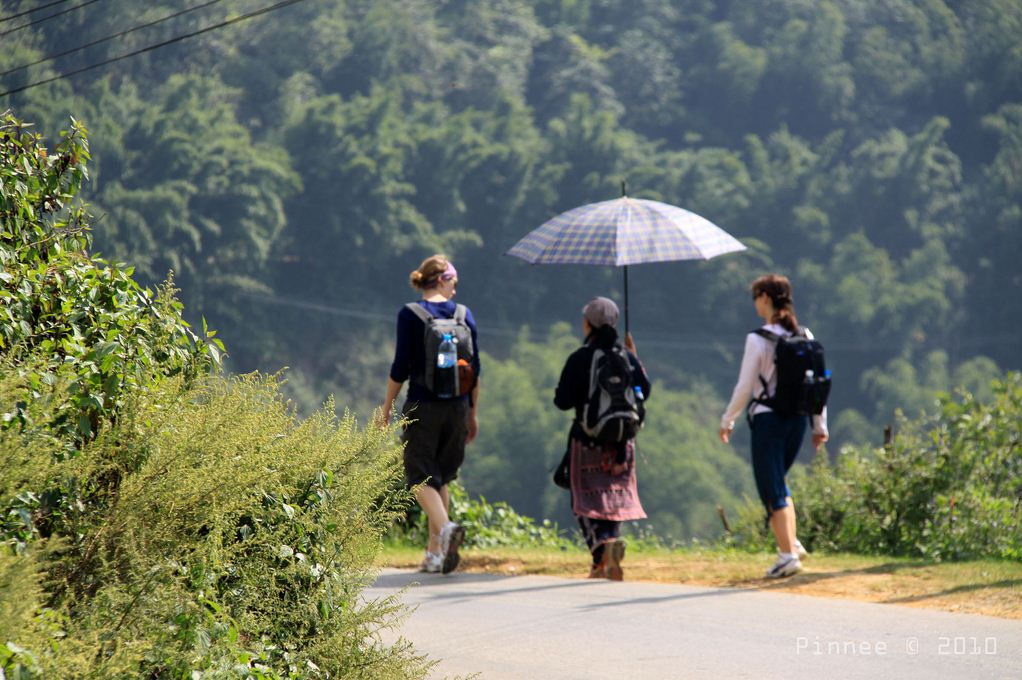
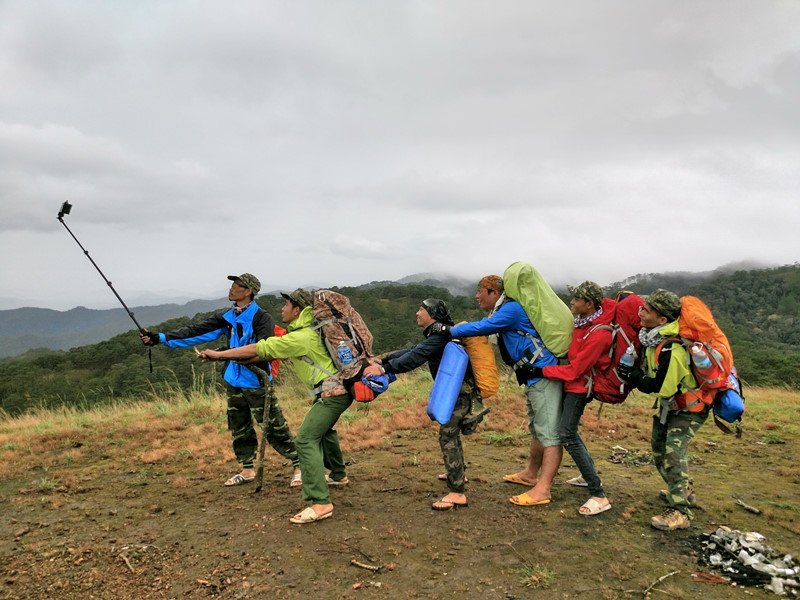
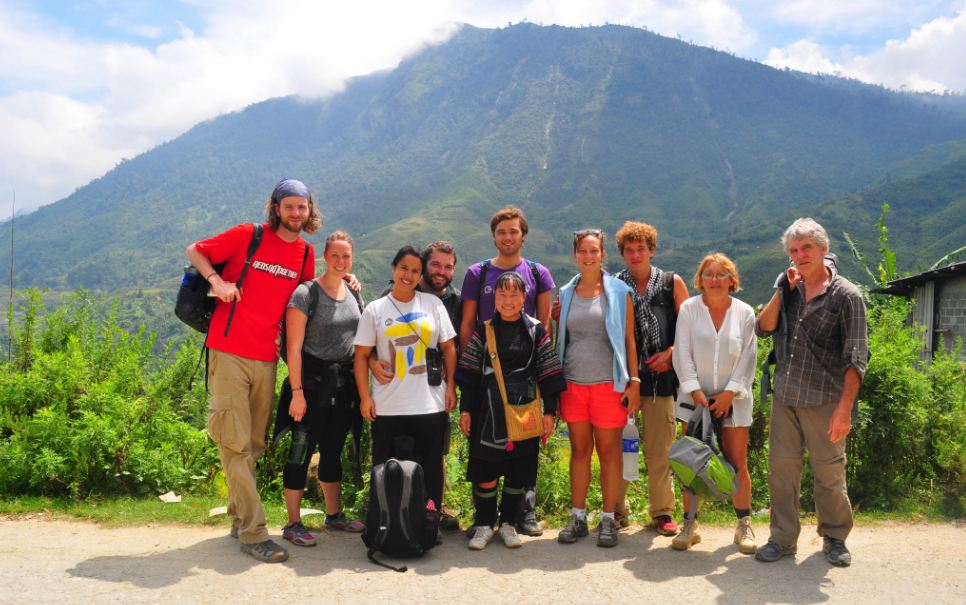
Sapa trekking difficulty: How difficult is trekking?

You will go up and down the hills so of course, you must have good health and stamina. A normal trip is about 12-15km per day and you have to walk for 5-6 hours. These difficulties are not the same as when you climb the mountain. The road here is not too bad although no path is paved. That is the reason why after the heavy rains, the road becomes slippery in some places. But one thing is certain that anyone in good health can do this. When you take a trekking tour in Sapa privately, you should make it clear to your guides so that they can make the best decision for the trekking route for you. Also, you can decide to trek a day or several days depending on your abilities.
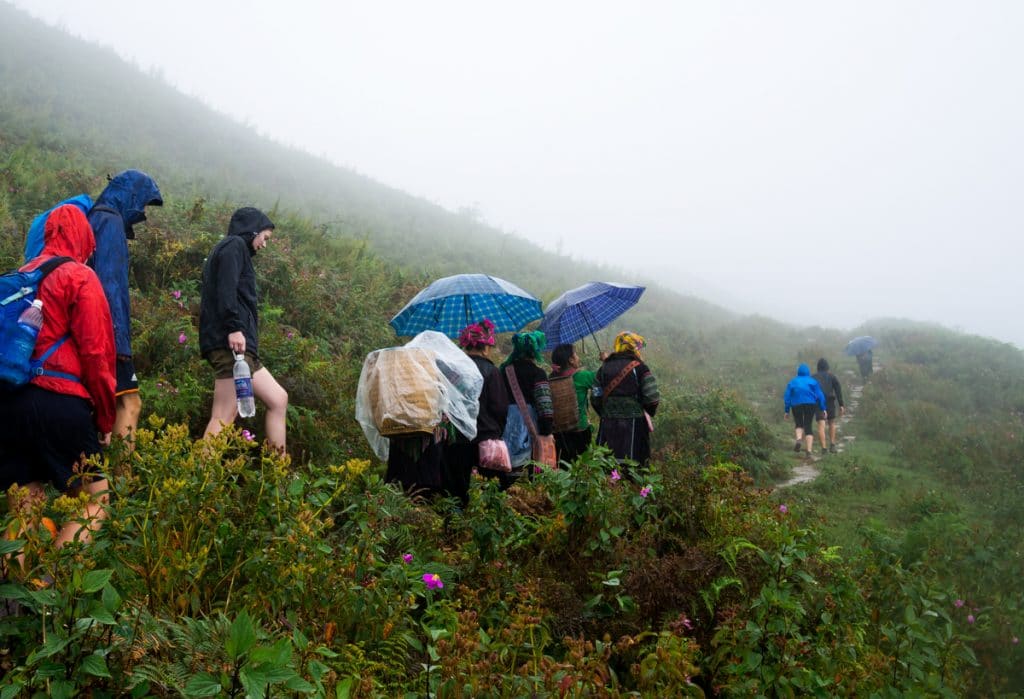
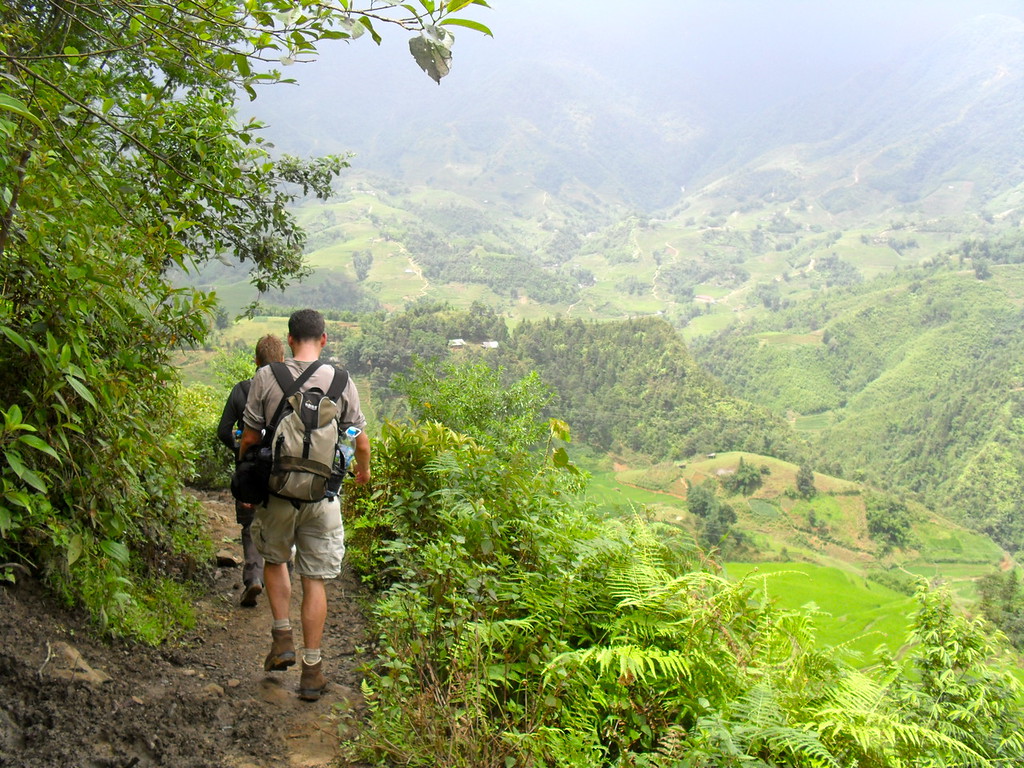
Do you need a guide?
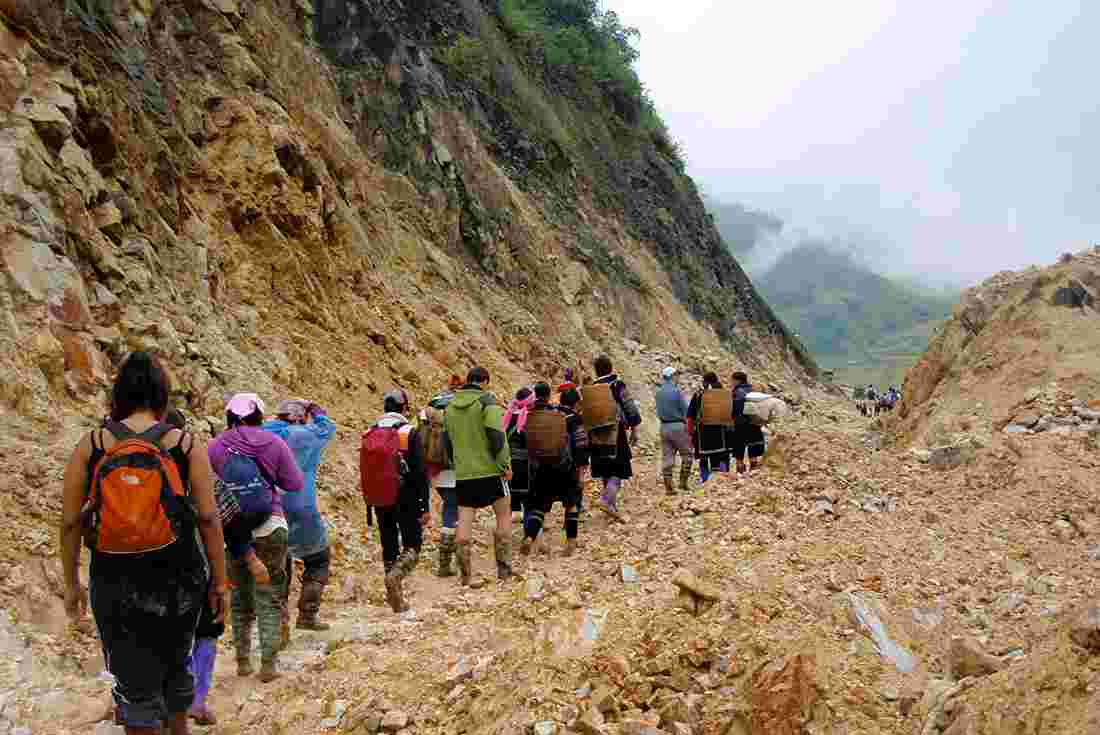
Yes, we recommend you find yourself a guide. The guides here are mostly local people so they know everything about Sapa, every little road, every rice field as well as every forest. In many ways, the facilitator can take you to distant locations not on the map and from the main walking paths through the fields and the jungle. You will feel good and relaxed when the tour guide shows you where to eat, where to stay if you have a multi-day trip.
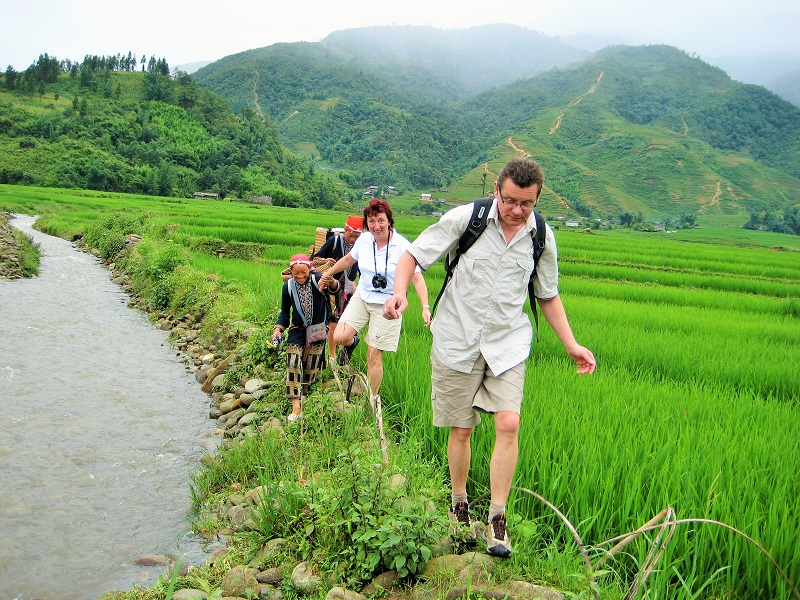
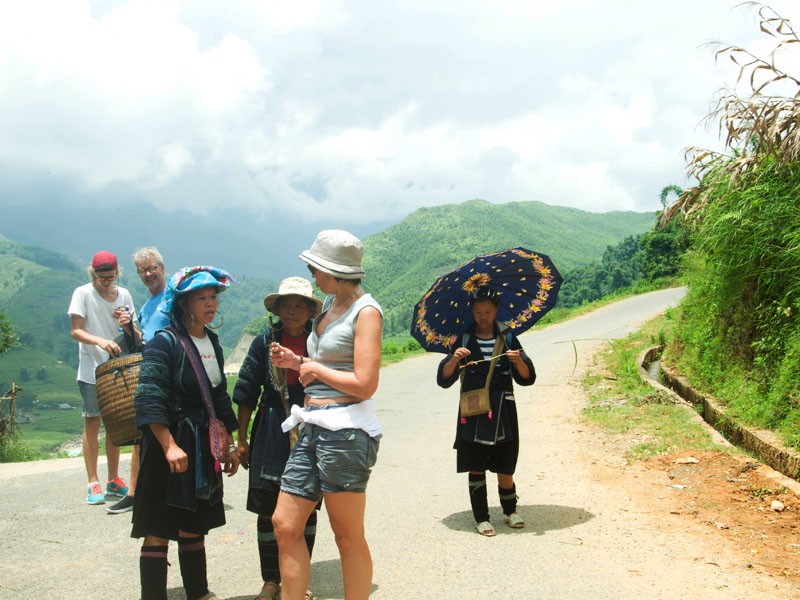
If you want a real adventure then you can also go Sapa trekking alone. Before you go, you need to thoroughly explore the routes that you will walk to. The easiest way to do this is trekking to villages where you can find overnight accommodation like Cat Cat Village, Y Linh Ho or Ta Van. Make sure you bring enough food and water for yourself, there will be no stores if you get lost. Also with small trekking trips a day you do not need a guide. It is best to request your hotel in Sapa for the best and most convenient trekking advice for you.

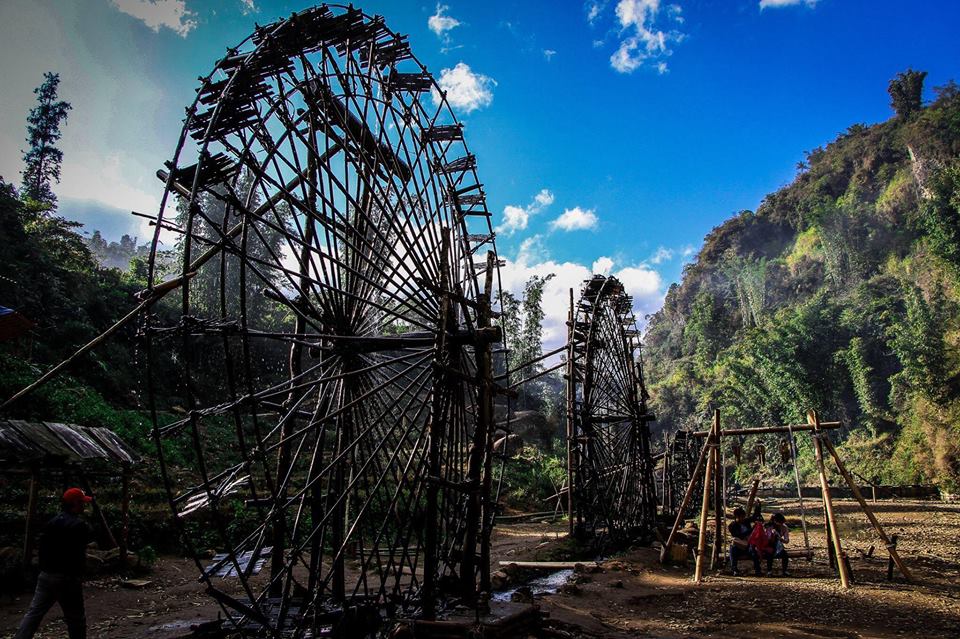
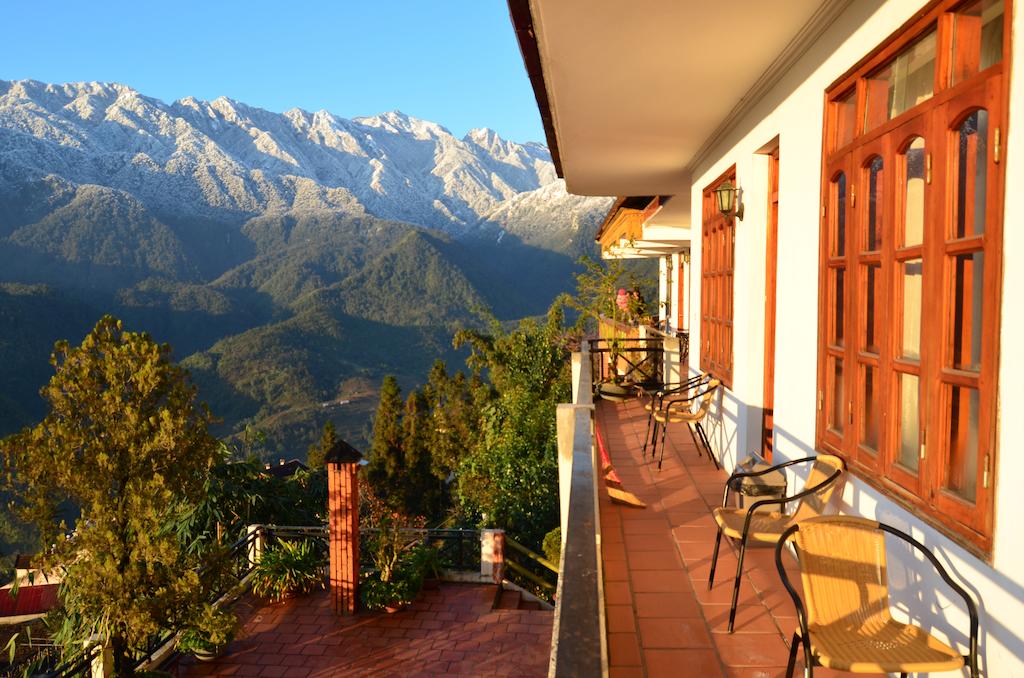
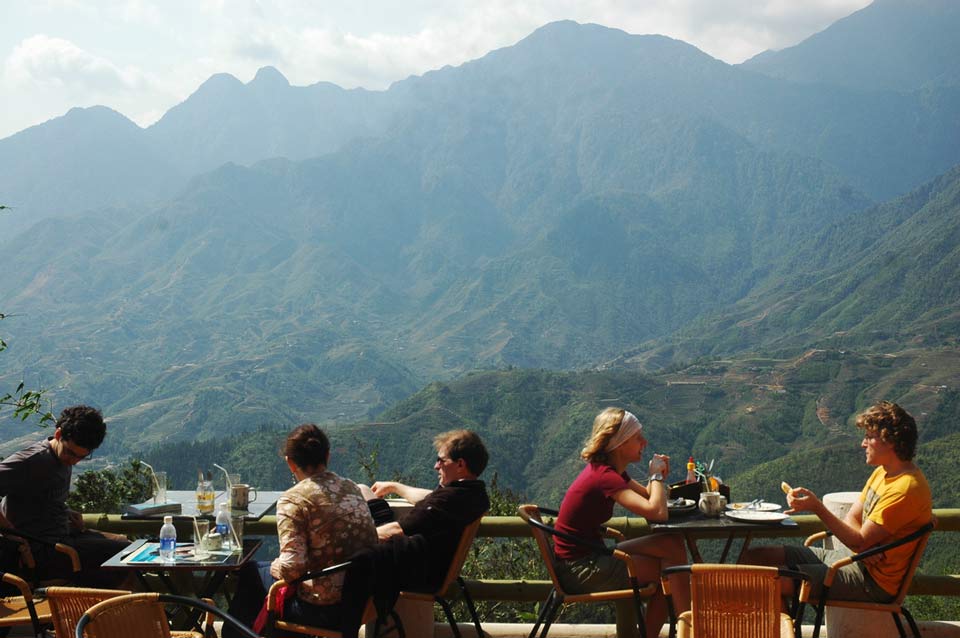
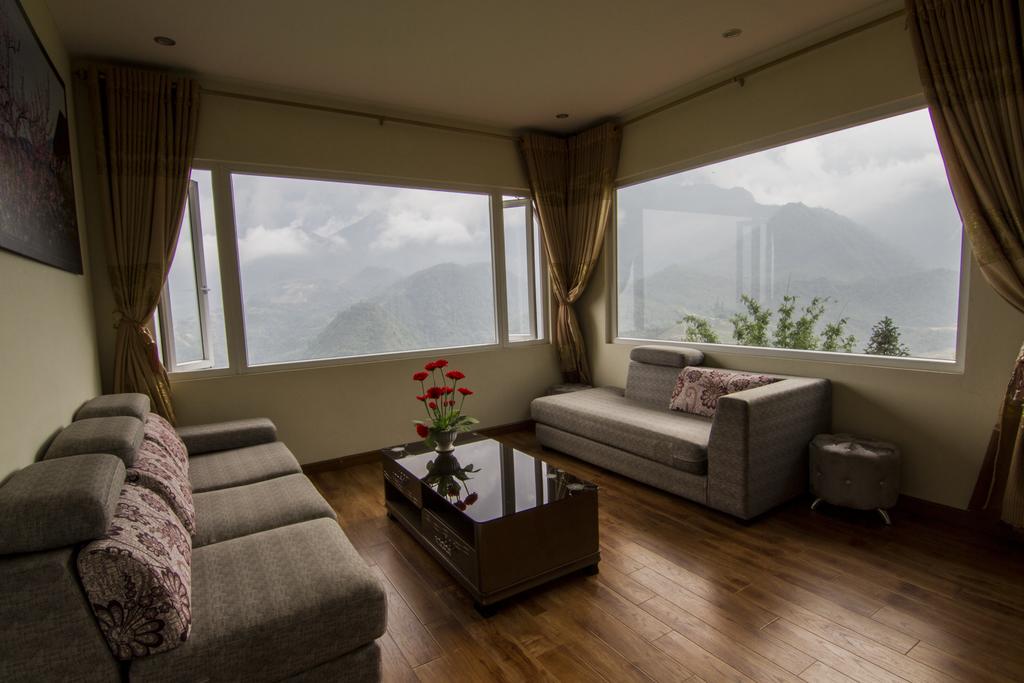
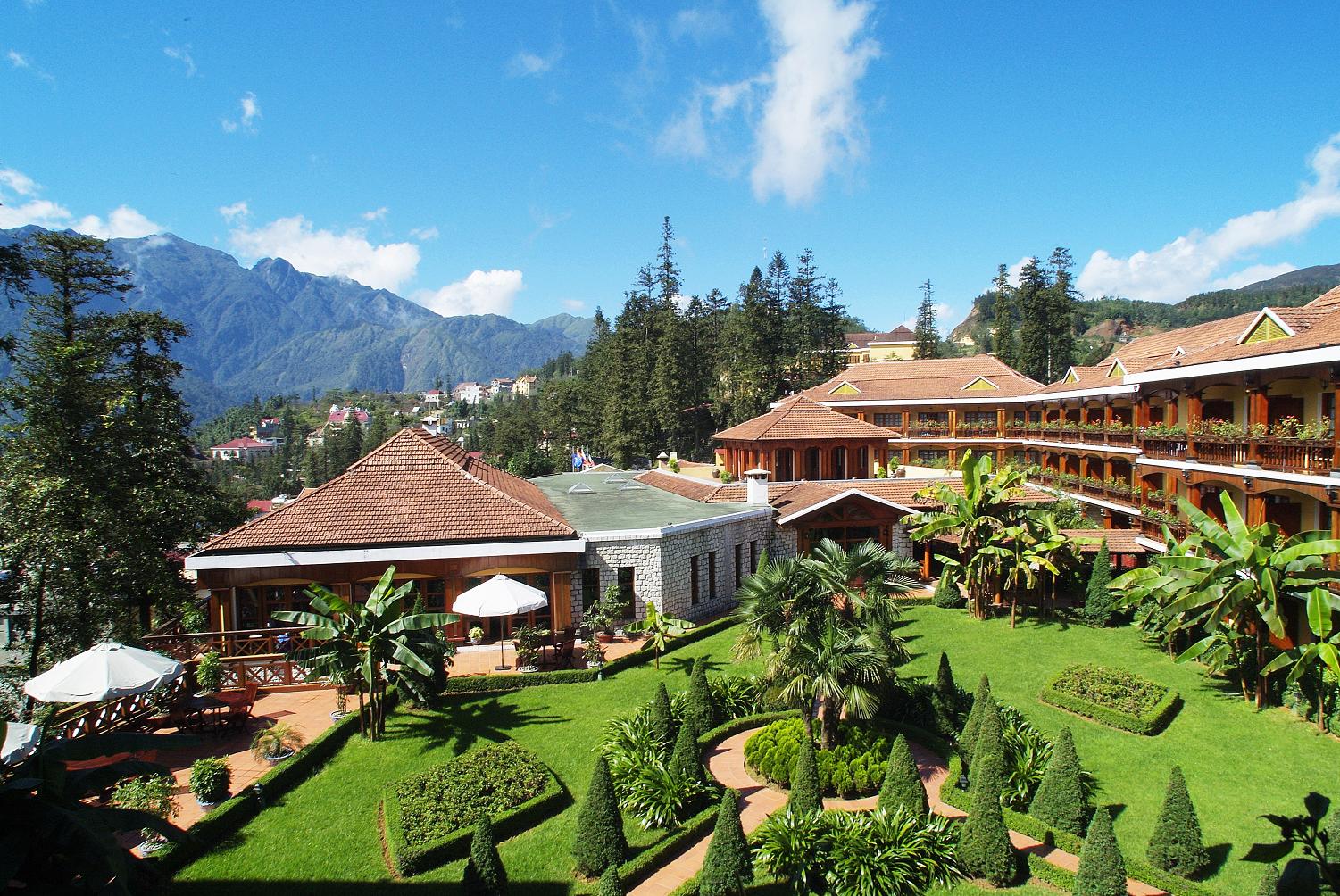
Various trekking options in Sapa
There are many Sapa online tours and travel agents in Hanoi. We have selected the best tours to visit Sapa. You just need to determine if you want to go trekking a day or trekking for many days.
Trekking a day or trekking for many days
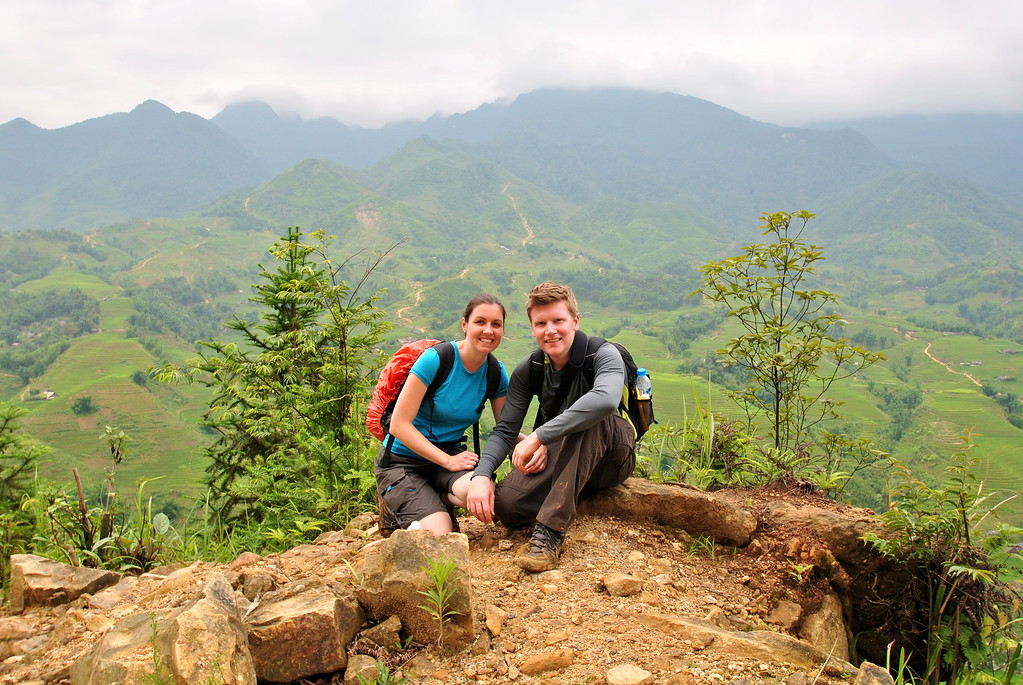
The trekking tour can be in a day or up to three days. The four-day tour is usually the first day you go from Hanoi to Sapa, not a day of trekking so be sure to check out your cruise. If you just want to trek one day, you will be able to enjoy the beautiful rice fields and the indigenous villages. This is best if your stamina is not too good, you do not have enough time or when you finish the day you want to return to the hotel in the most pleasant way.
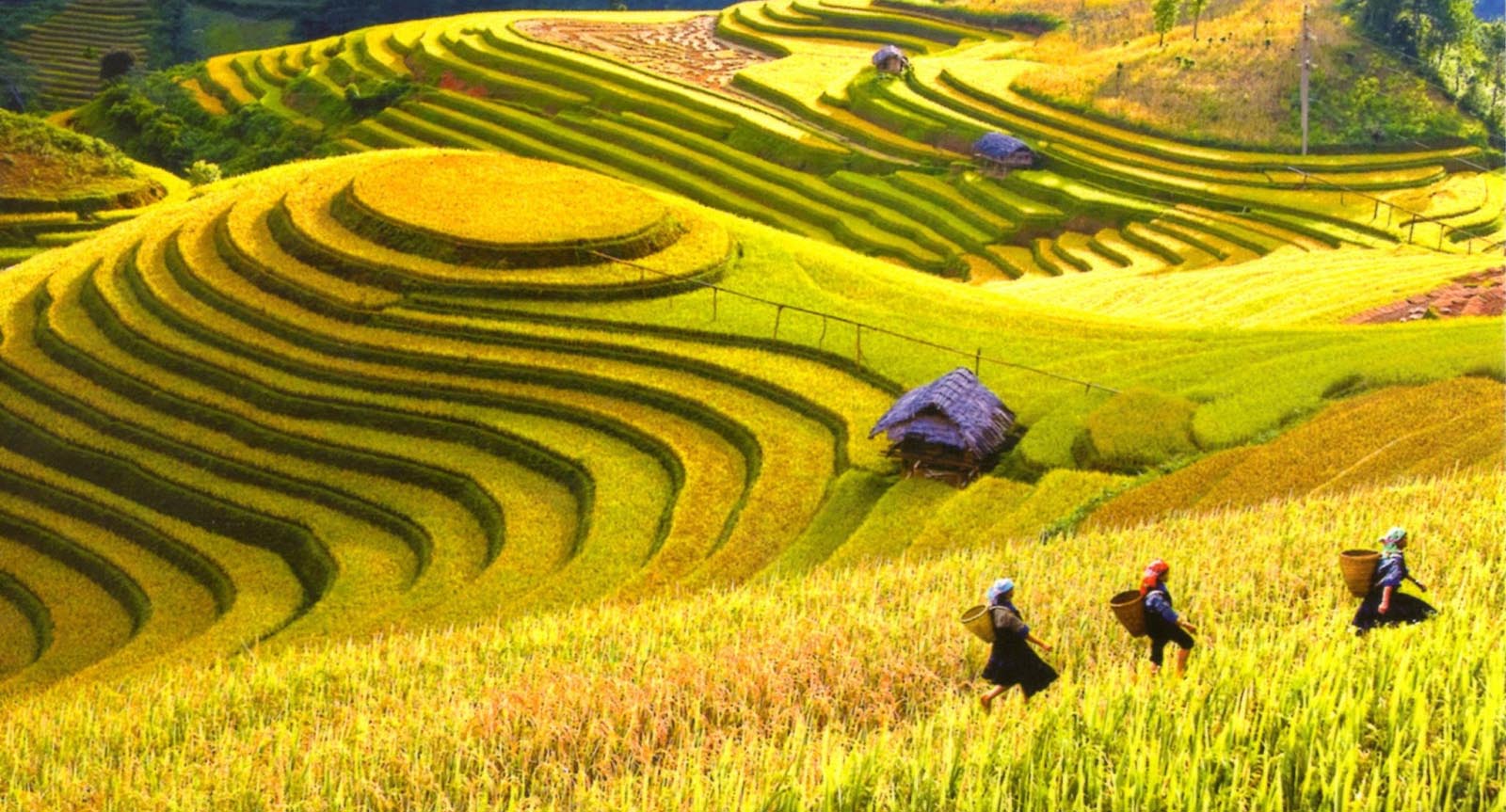
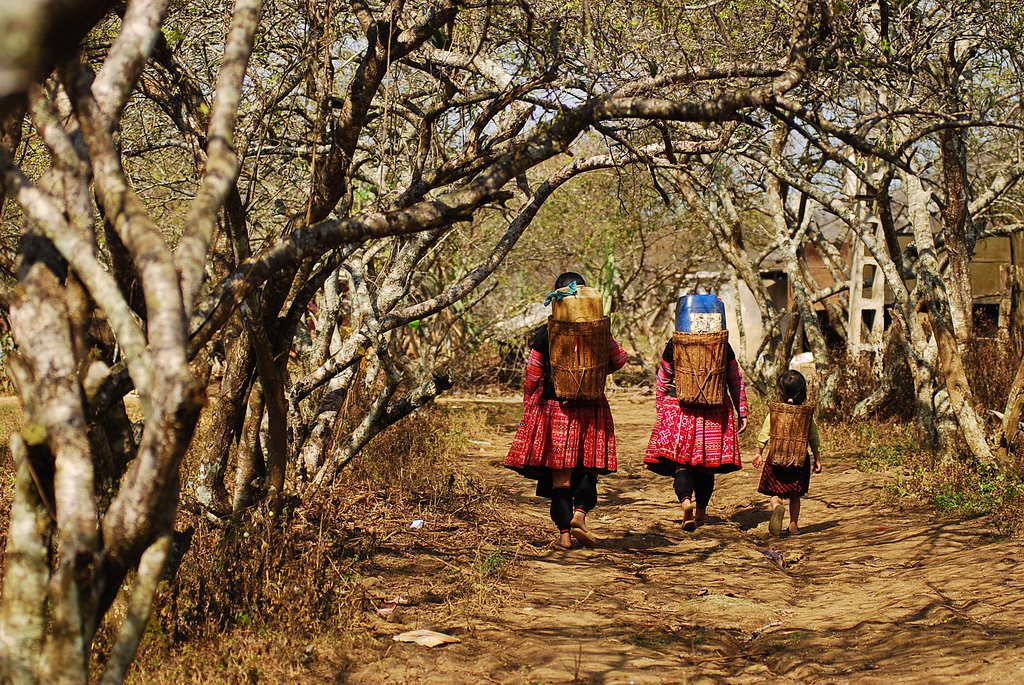
We recommend going two days, one-night trekking for the best experience. The second trekking day for many is the best day because the scenery is getting more impressive and you will see fewer tourists. Next to the beautiful rice fields, you will walk through the forest and visit the remote villages. At the end of the day, you will stay in a local house to experience real life here.
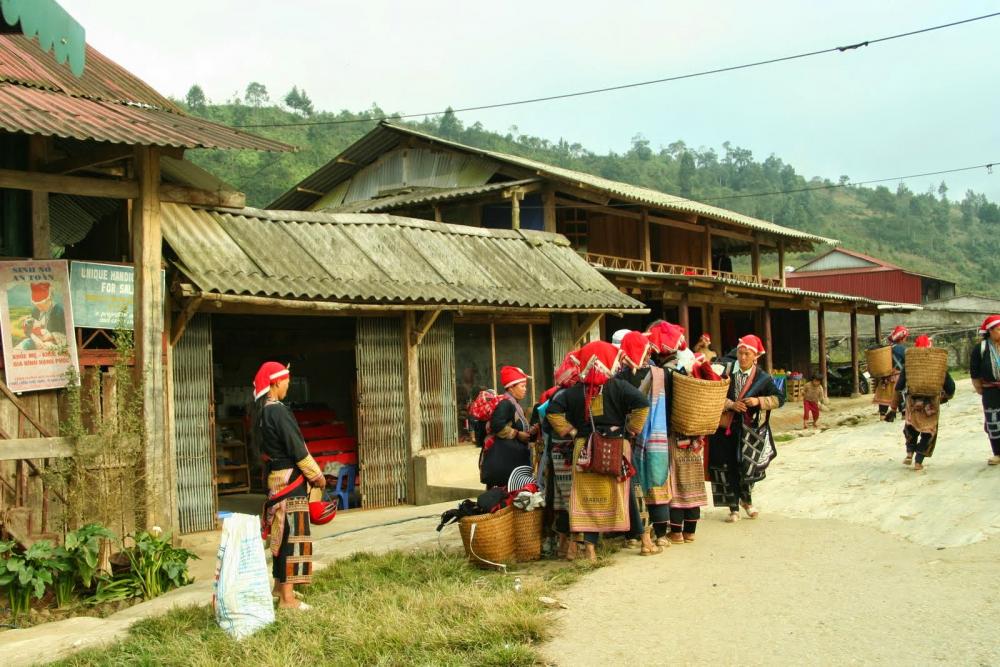
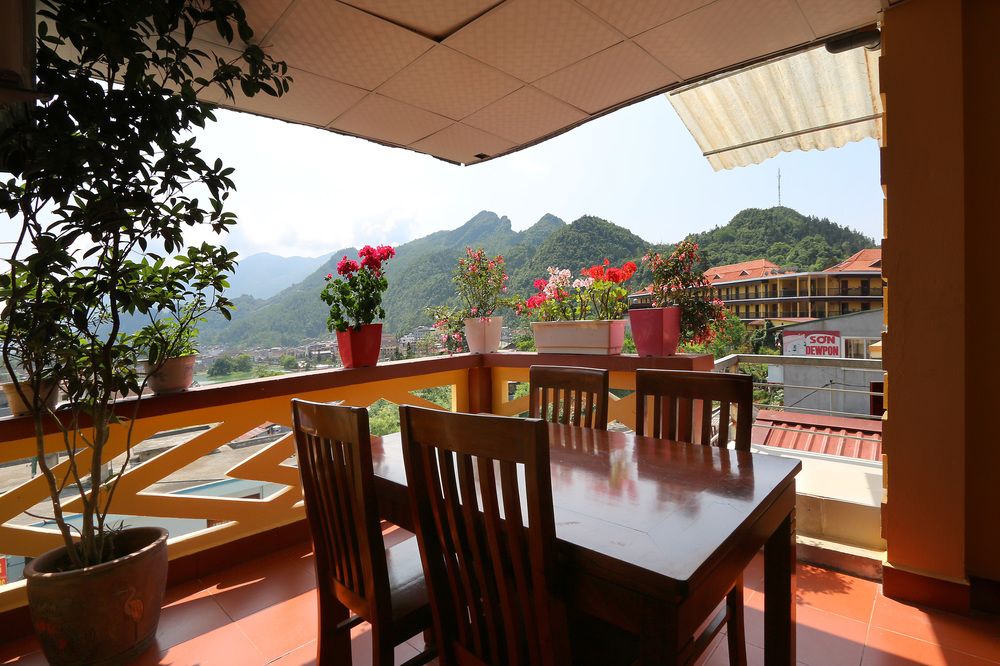
Three-day Trekking is for people who really love trekking because the landscape will not change much. Of course, you will go further and will see fewer tourists.
Sapa trekking Fansipan — Fansipan Mountain Climbing Tour
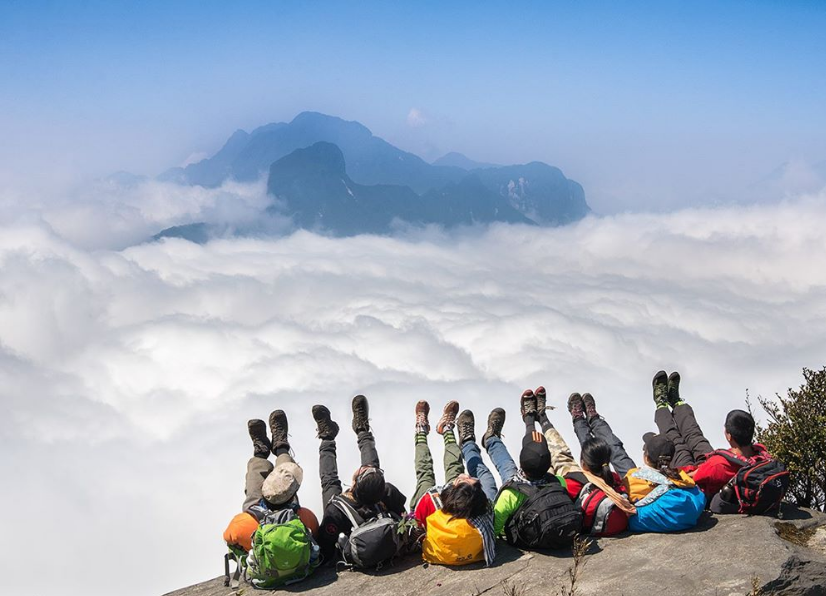
A very popular trekking trip is the Fansipan Mountain Climbing Tour. Many people have done this in one day. May be it is not a perfect choice because you have to start early and come back late in the evening with all the time you have to walk. Trekking two days a night is more comfortable and enjoyable. At night, you will sleep on the mountain in a hut. Trekking three days, it will take you to another road. And certainly, you can not go up without a guide. There are still some who organize themselves, but we recommend that you do not do this because there have been people lost and killed in the accident. You definitely need a guide!
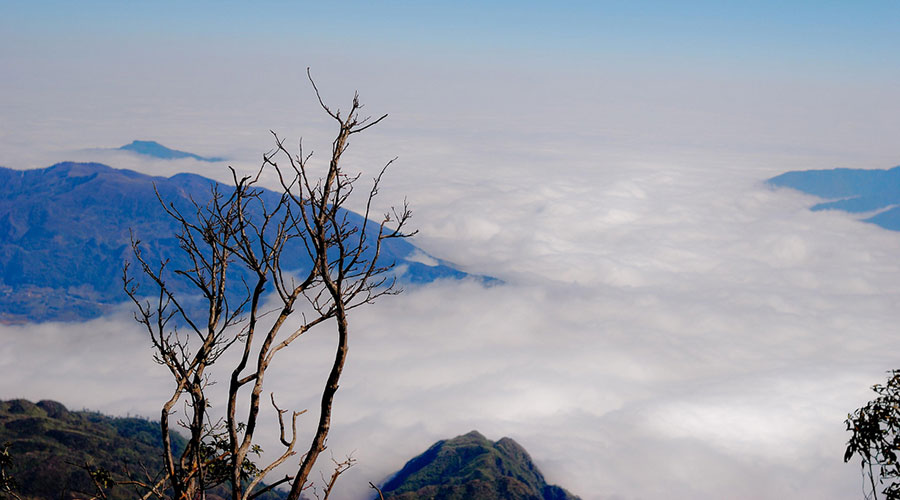
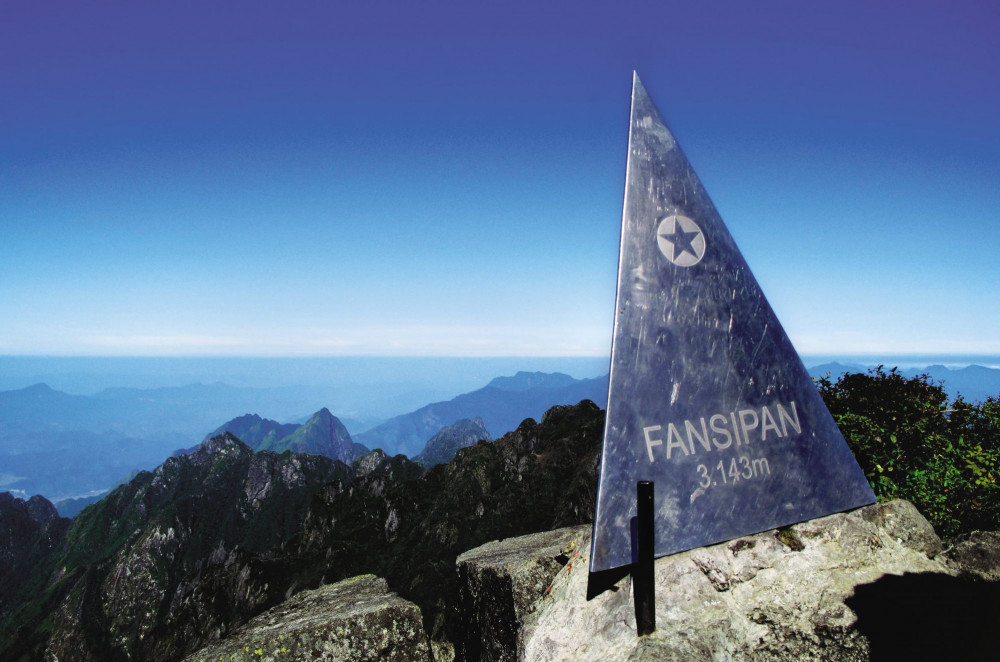
If you come to Sapa to see the famous rice fields, it is better to take a normal trekking trip to Sapa. And if Fansipan is also on your tour list in Sapa, from 2016 has launched the cable cars line hanging to the top Fansipan.
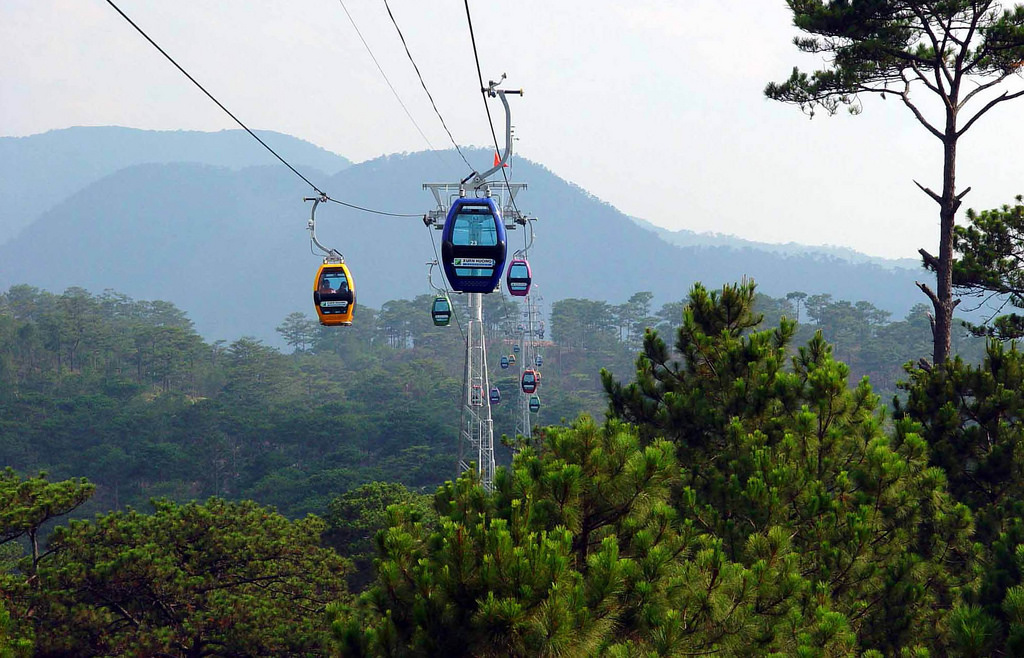
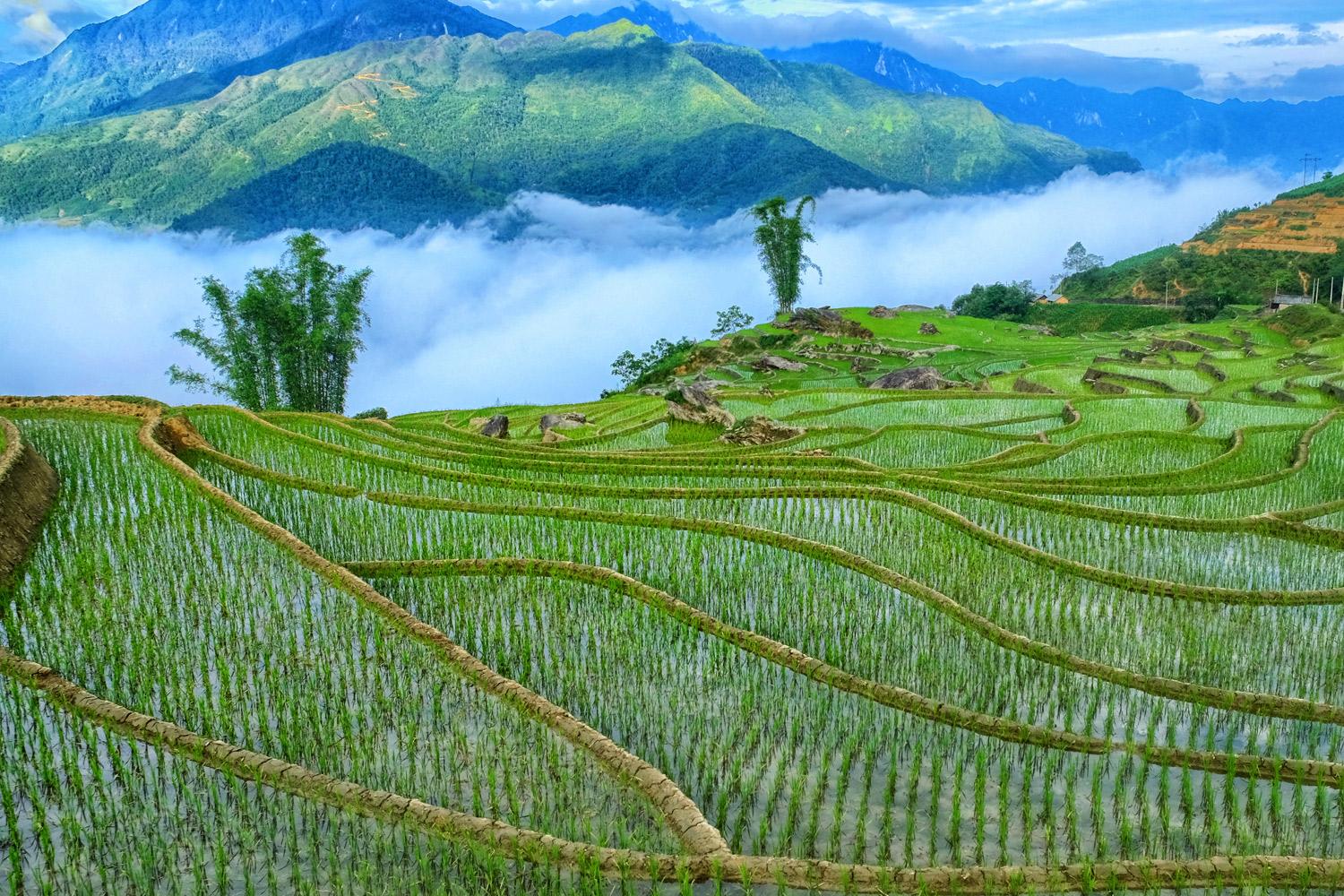
Homestay in Sapa
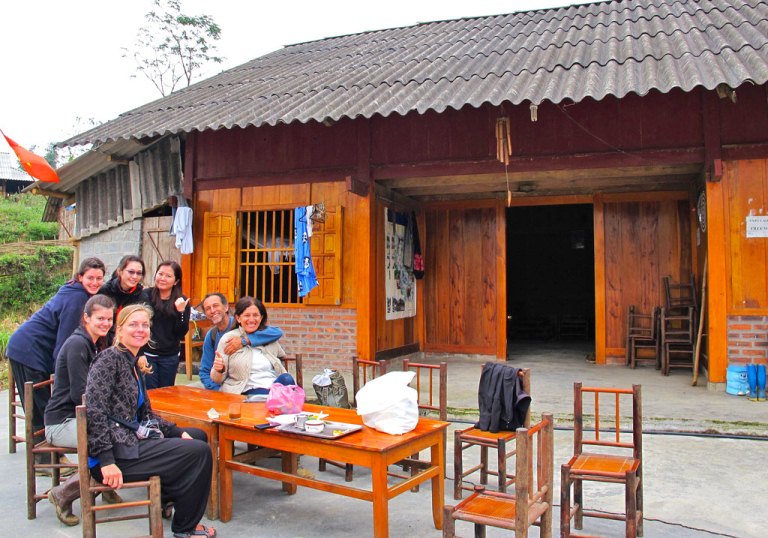
Homestay can be a great experience here but it is not suitable for everyone. A homestay experience means that you stay overnight in the homes of locals, which must be registered for tourist activities. This means that the house must have a toilet, a bed with mosquito net and must be clean, hygienic. However, do not expect it to be a deluxe room, it’s just over a hut. If you are traveling in a group, you can sleep in the same room. Dinner and breakfast will be served by the owner of your home. It is a very beautiful cultural experience and also supports local people with extra income to improve their lives. In addition, trekking through the night means you can travel far away from Sapa and explore many areas with few tourists.
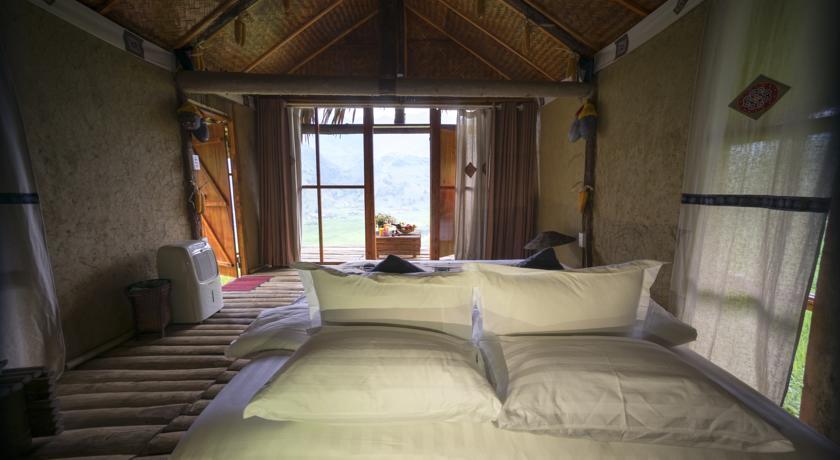
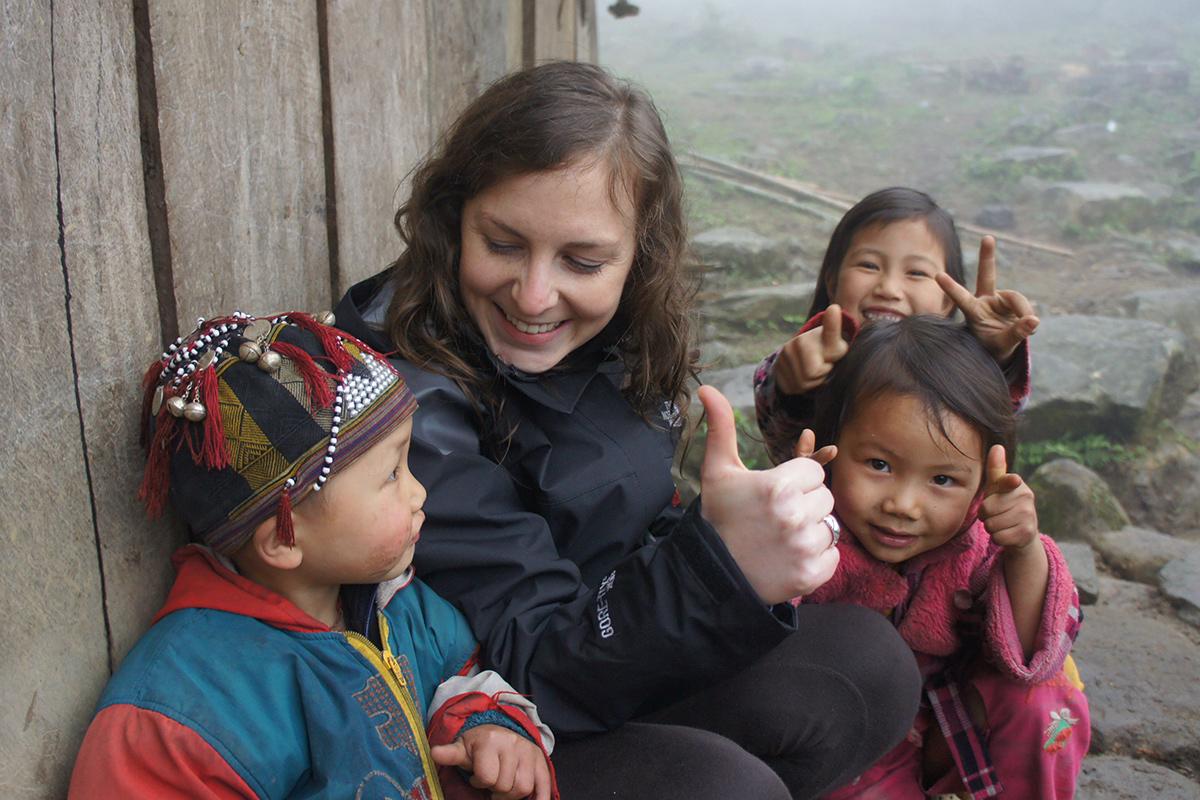
The best time to trekking in Sapa
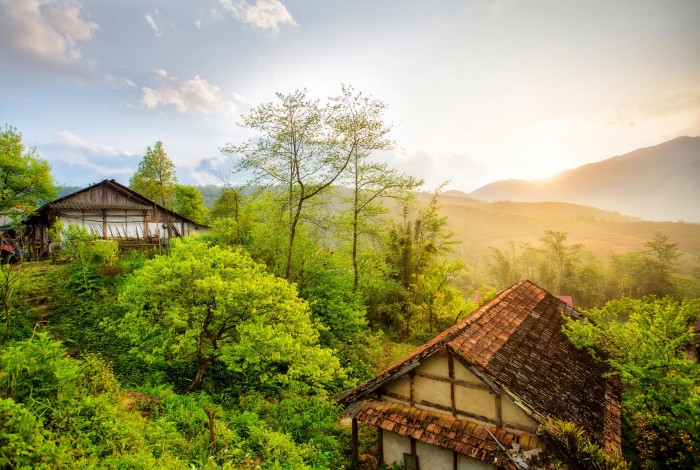
The dry season begins in January and ends in June. March to May is the best time for Sapa trekking. The weather is so beautiful that you can climb mountains and visit native villages. Rainy season falls in June to August. September is the end of rainy season. So from September to late November is the best time to come here. Since December, the weather has become colder. In January and February, temperatures can drop to 0ºC. Please refer to the weather in the months in Sapa here.
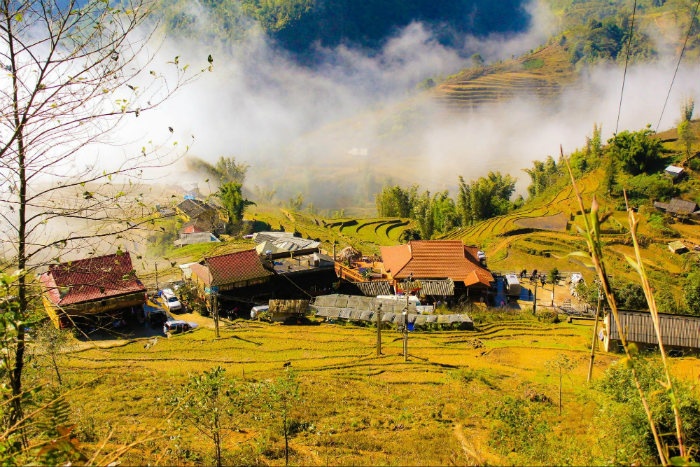
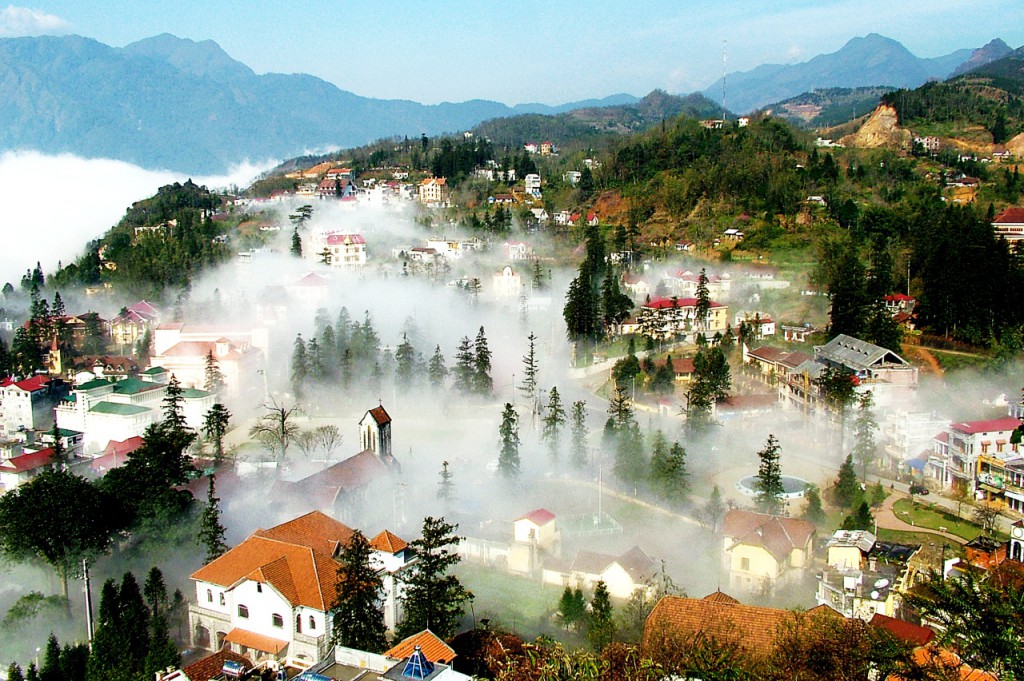
When is Sapa most beautiful?
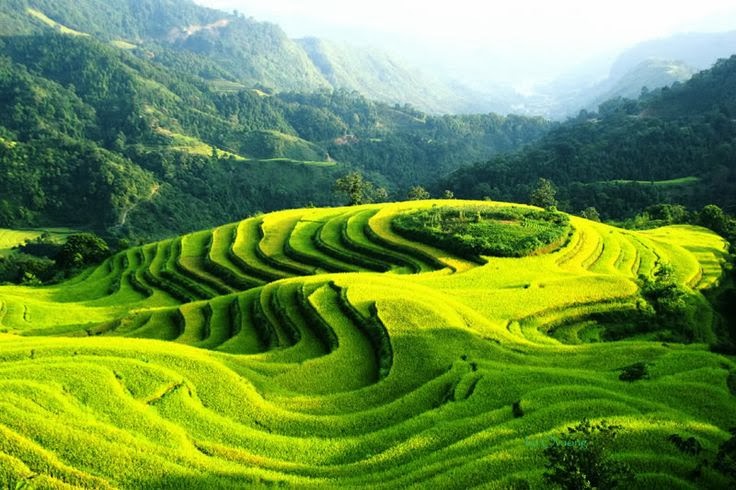
In June and July, the green rice fields make beautiful scenery but it rains a lot and can be very hot, more than 30 degrees making climbing uncomfortable at all. In August, the scene was still greener and less rainy. In September, rainfall was less and the landscape began to change. The rice fields are dyed yellow and the season starts, a beautiful picture. Earlier this month was probably the ideal combination of weather and scenery. It is possible that at the end of the month the rice fields have been harvested.
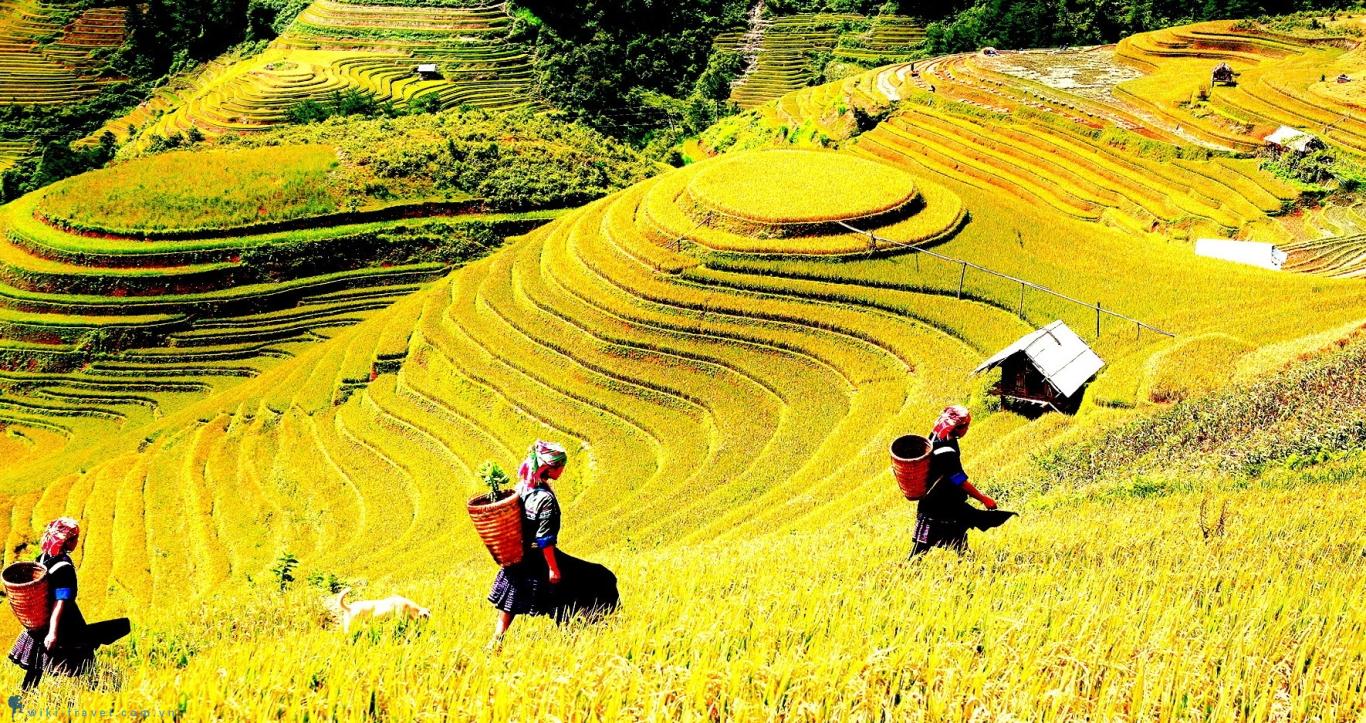
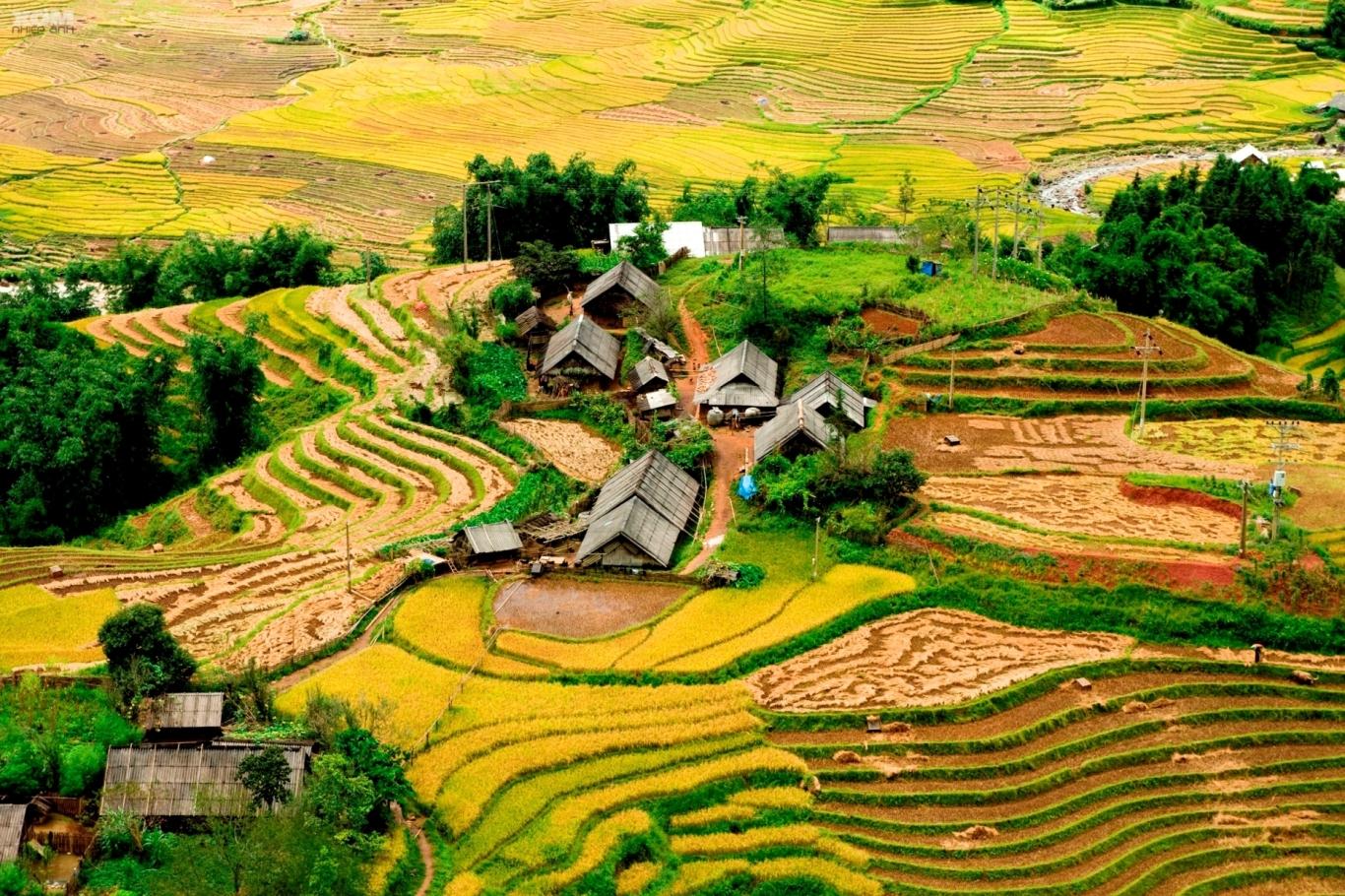
What should you bring?
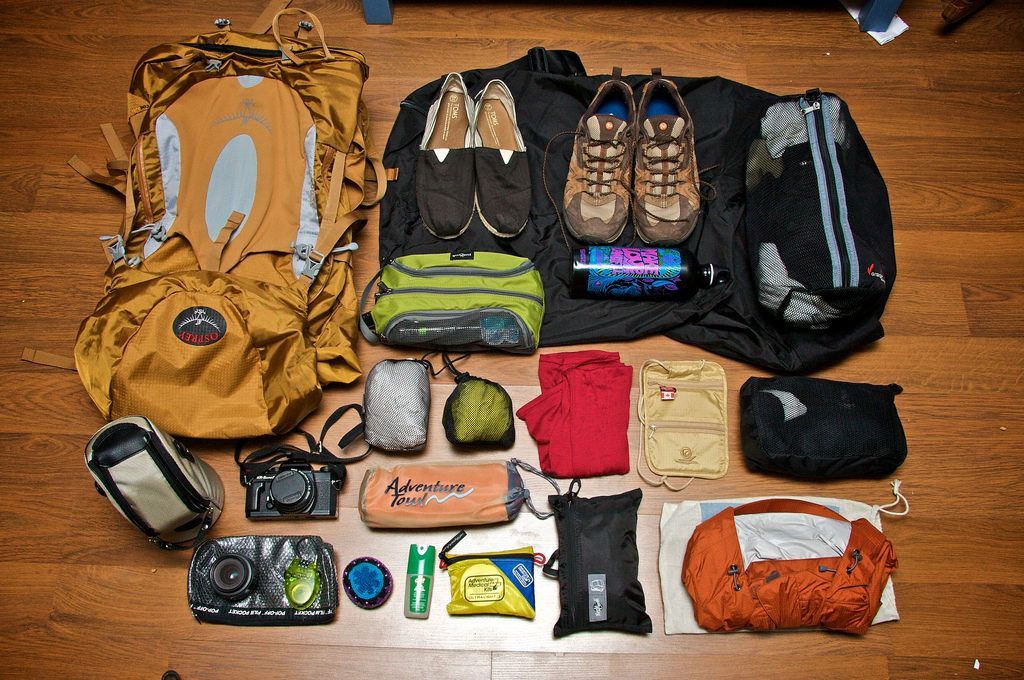
When you are ready for your trekking trip to Sapa, you must ensure that you have prepared everything as the following:
– A good pair of walking shoes
– Raincoat
– Small water bottle
– Snacks
– Anti-bugs spray
– Medications for small injuries, some medications for treating illnesses like flu, diarrhea, and fever
– The camera has a backup battery
– Clothes
Also, you should not carry too many things. A lightweight backpack will make your few hours of mountain climbing a lot easier.
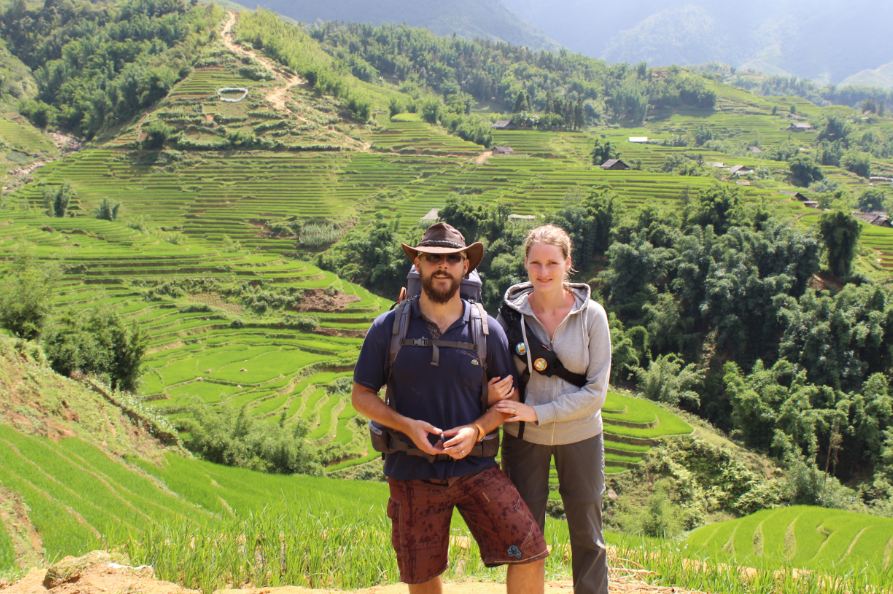
Little tips when traveling Sapa trekking
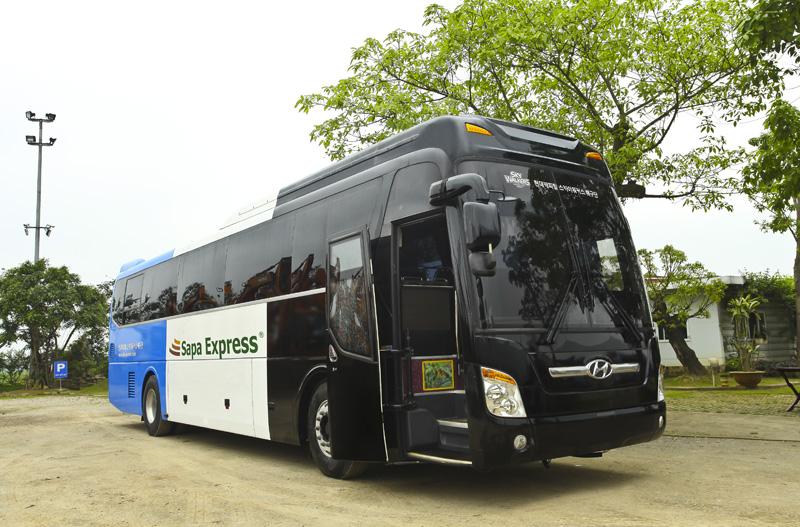
If your trip does not start in Hanoi but in Sapa, you have to travel to Sapa yourself.
Local people often invite you to buy things when you trekking. This can be annoying to you. You just politely decline if they try to sell. And do not ask the guides about this because they may come from the same village or are directly related to each other.
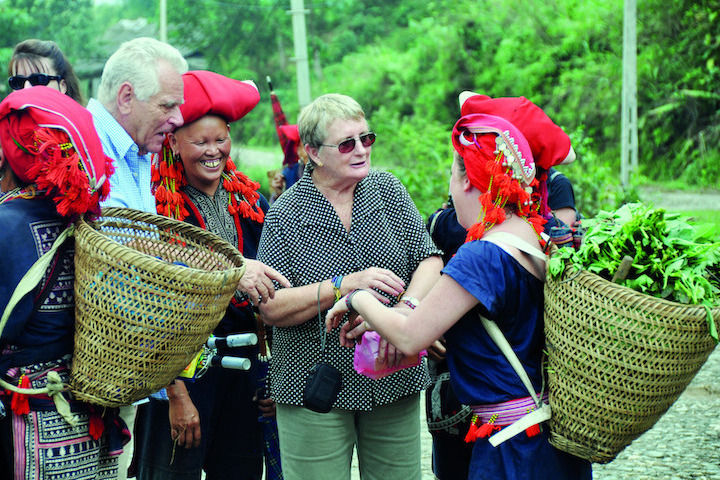
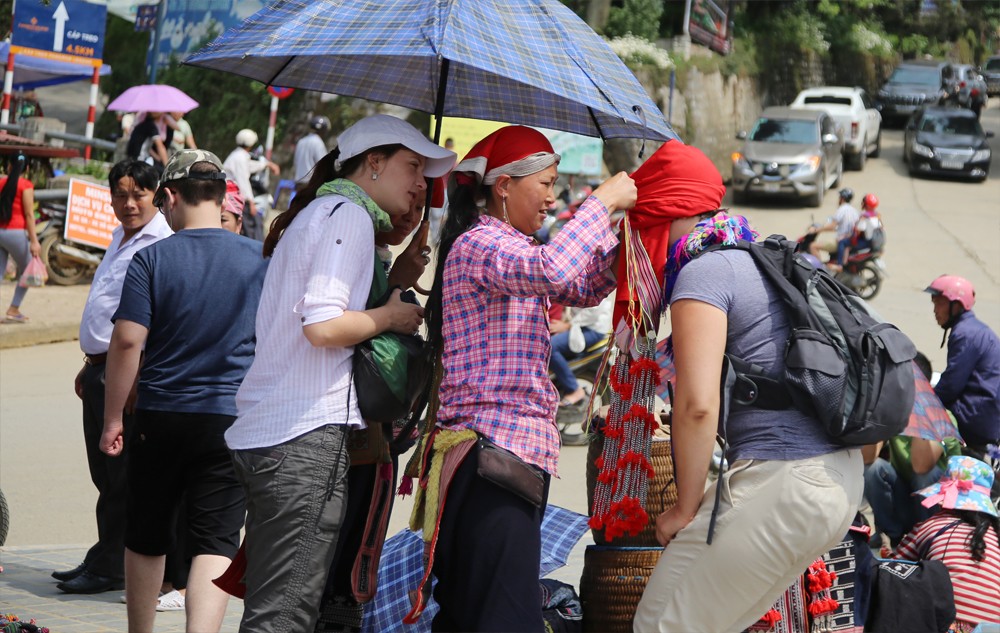
Read more Sapa travel guide at here.

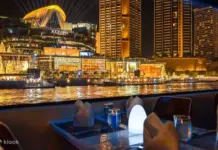
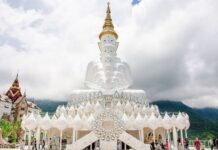

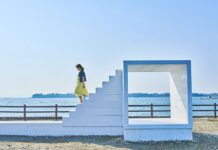
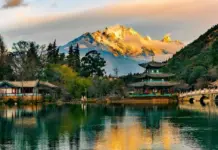
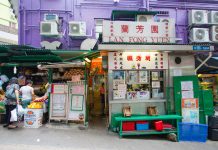
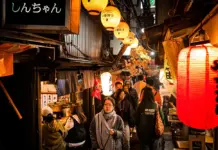
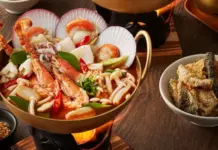
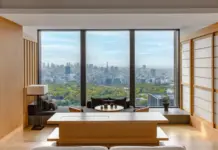
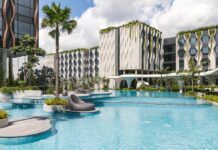

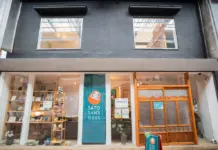
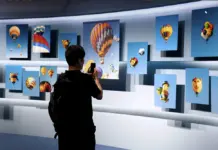

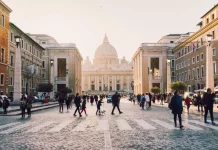
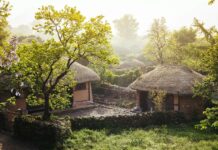
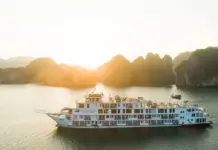
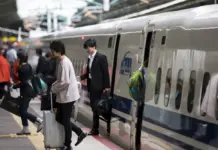
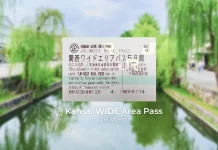


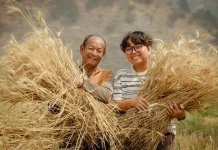
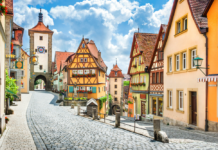


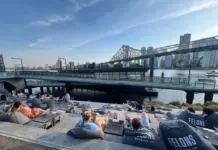
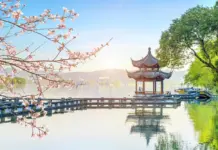

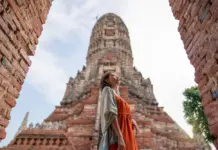
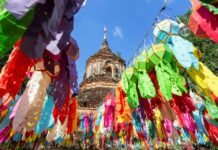

![10 best airports in Asia in 2016 [RANKED] kuala-lumpur-international-airport-best airports in asia in 2016 by skytrax ratings](https://livingnomads.com/wp-content/uploads/2016/08/29/kuala-lumpur-international-airport-best-airports-in-asia-in-2016-by-skytrax-ratings-218x150.jpg)
